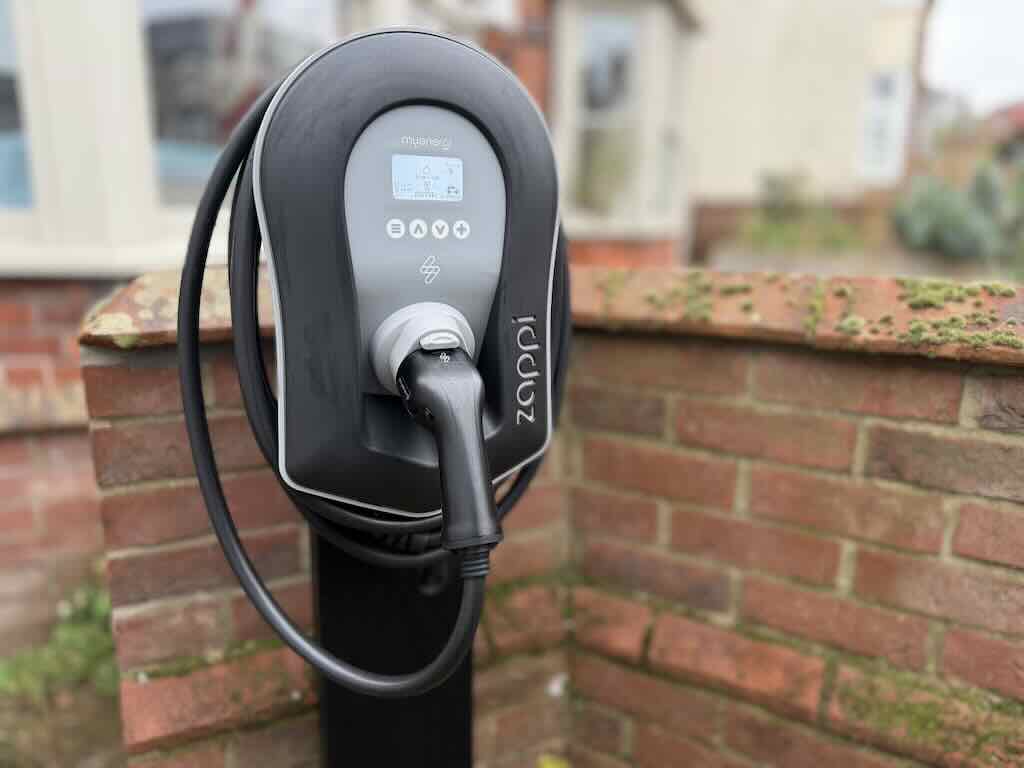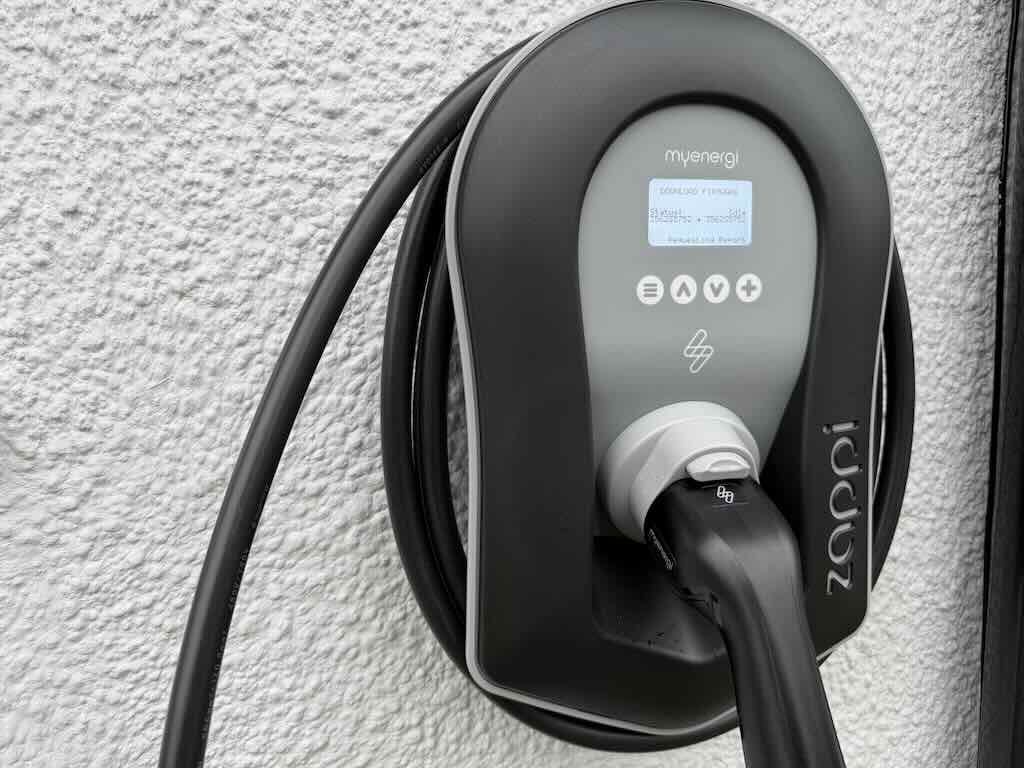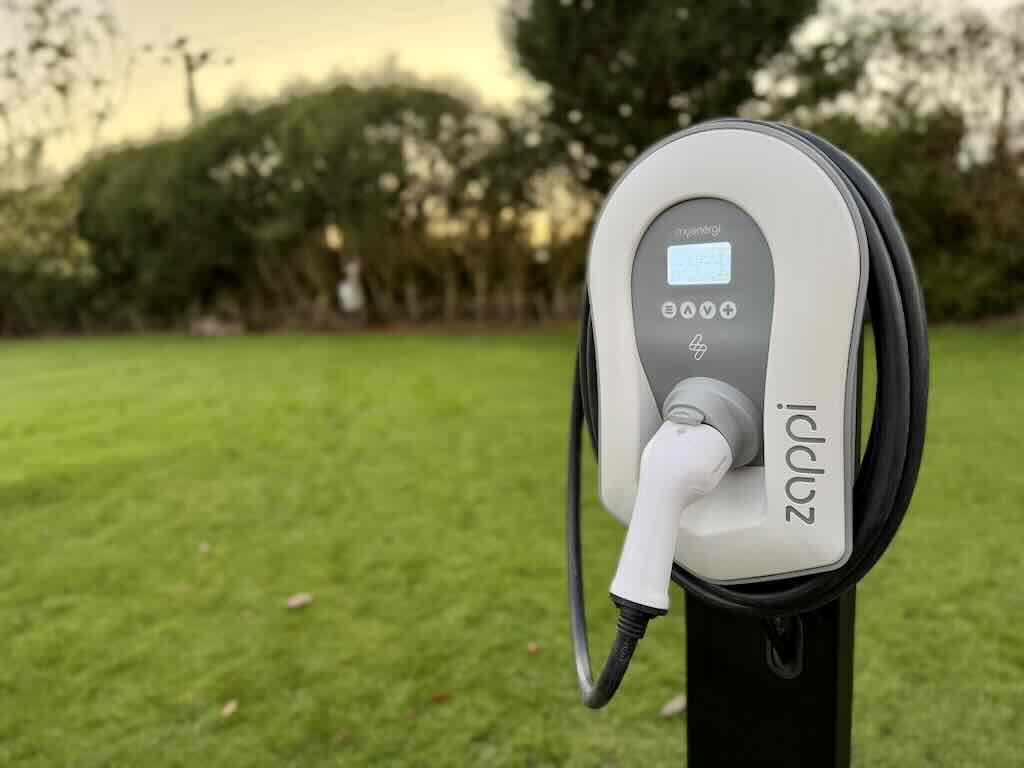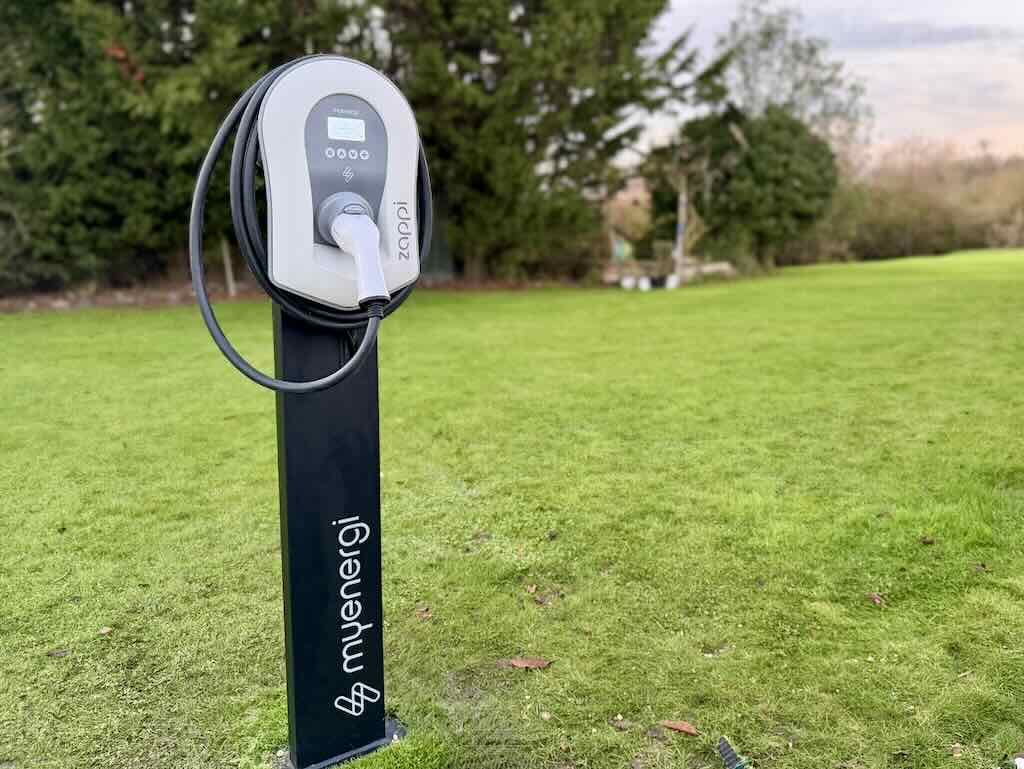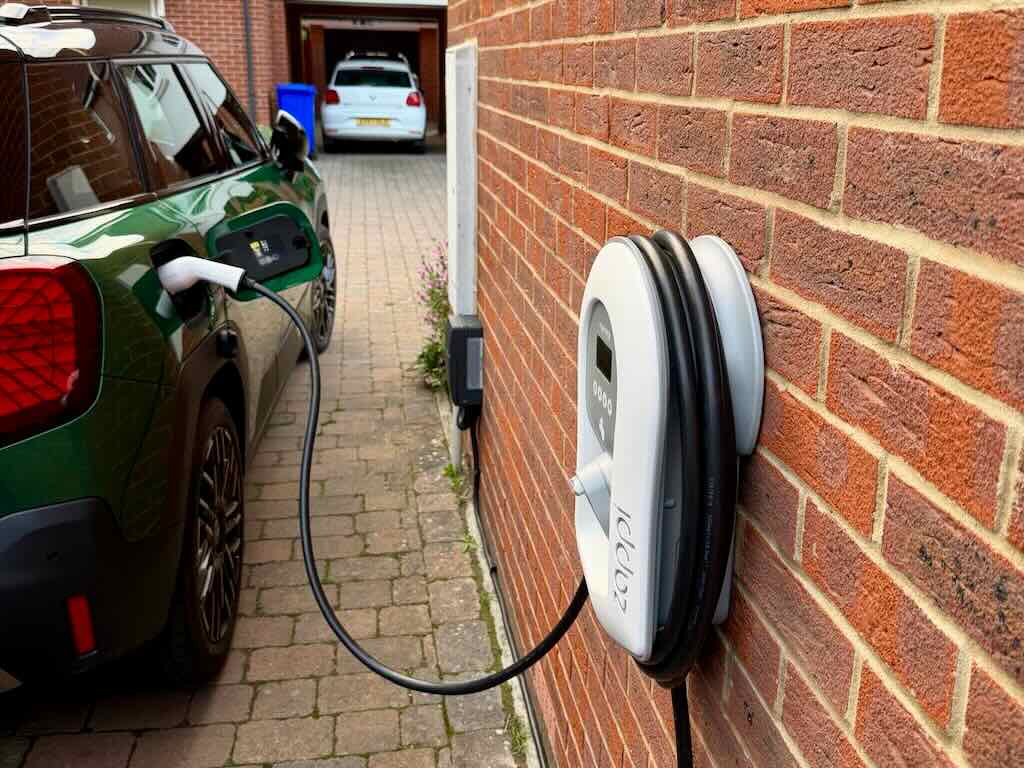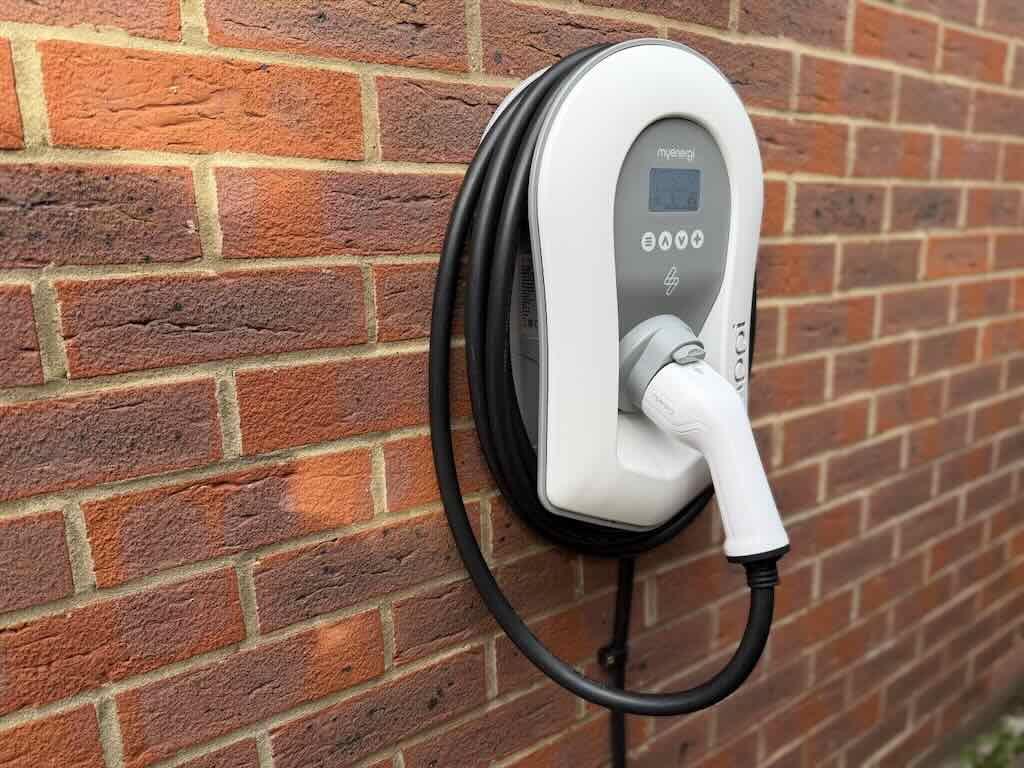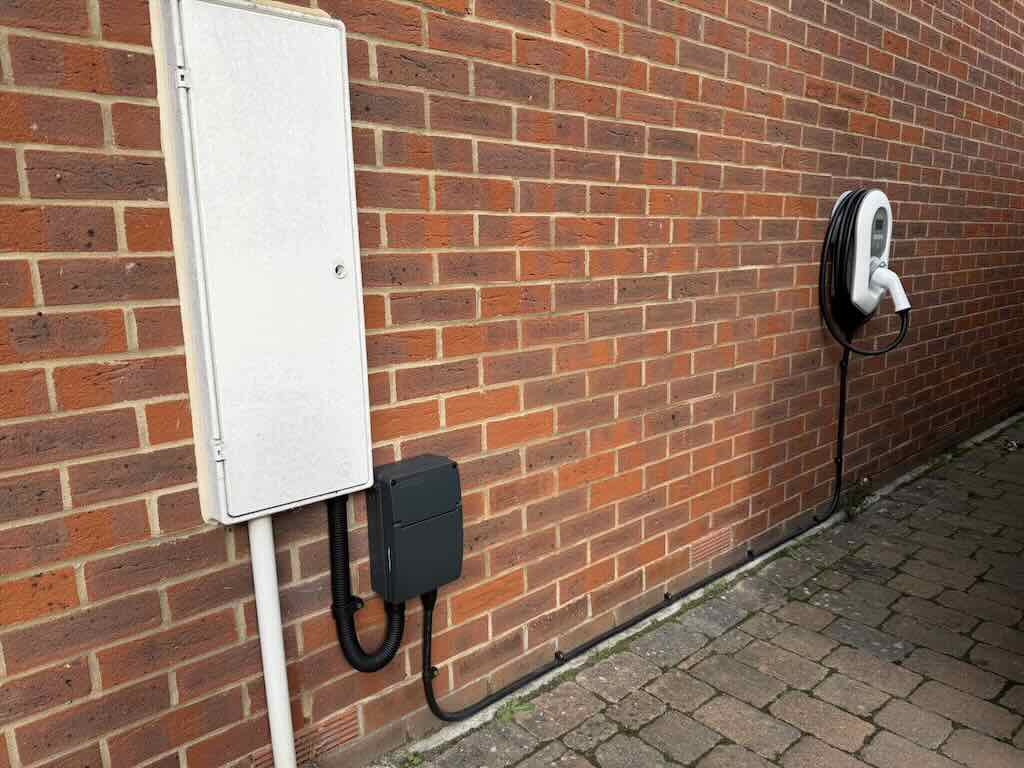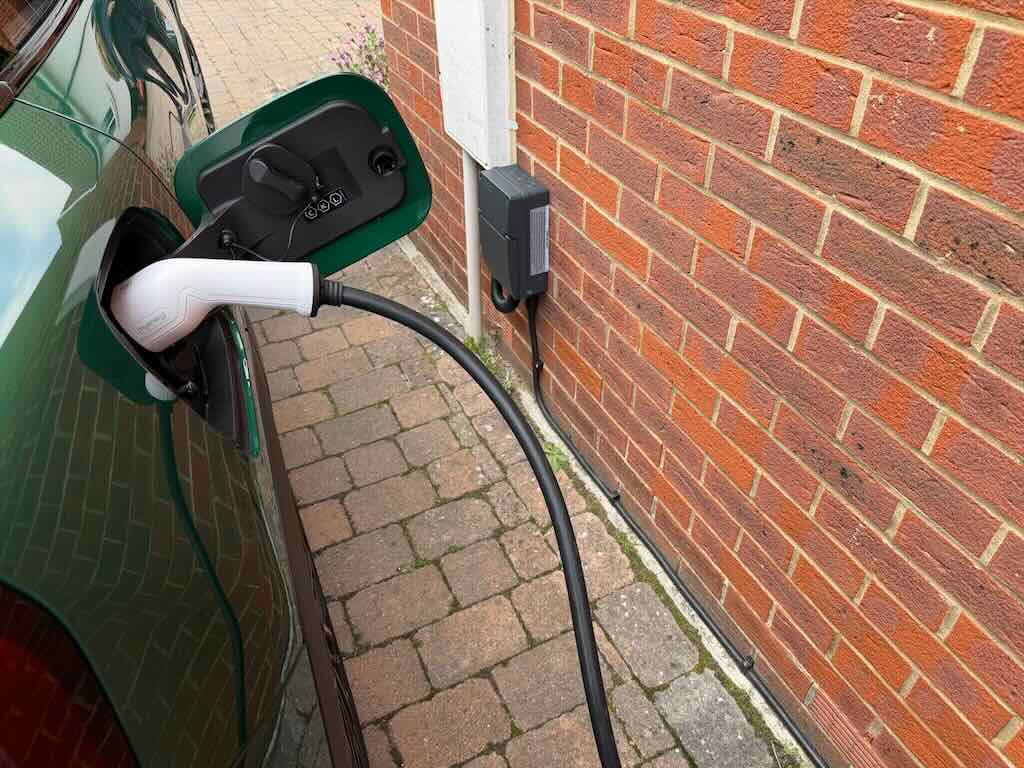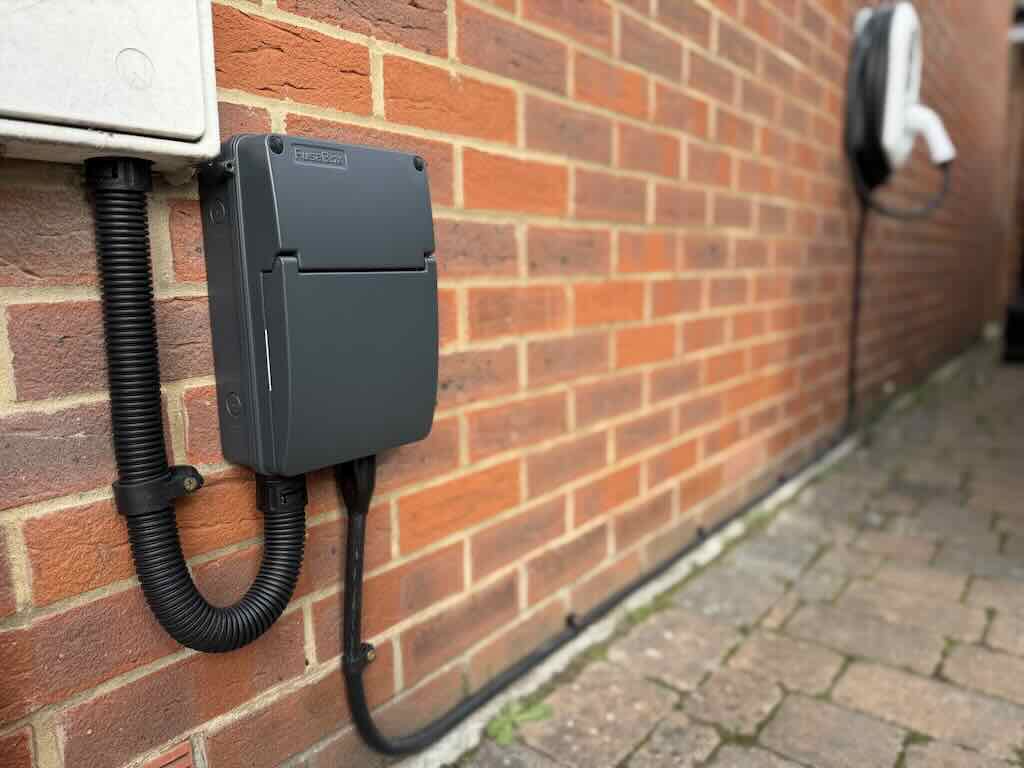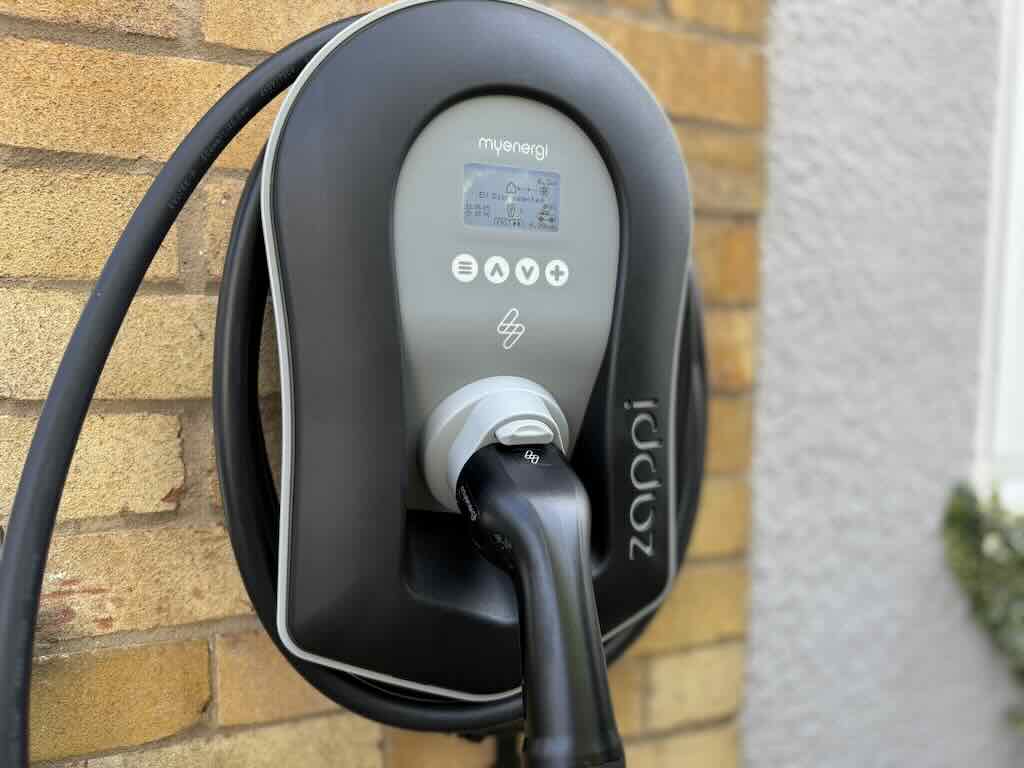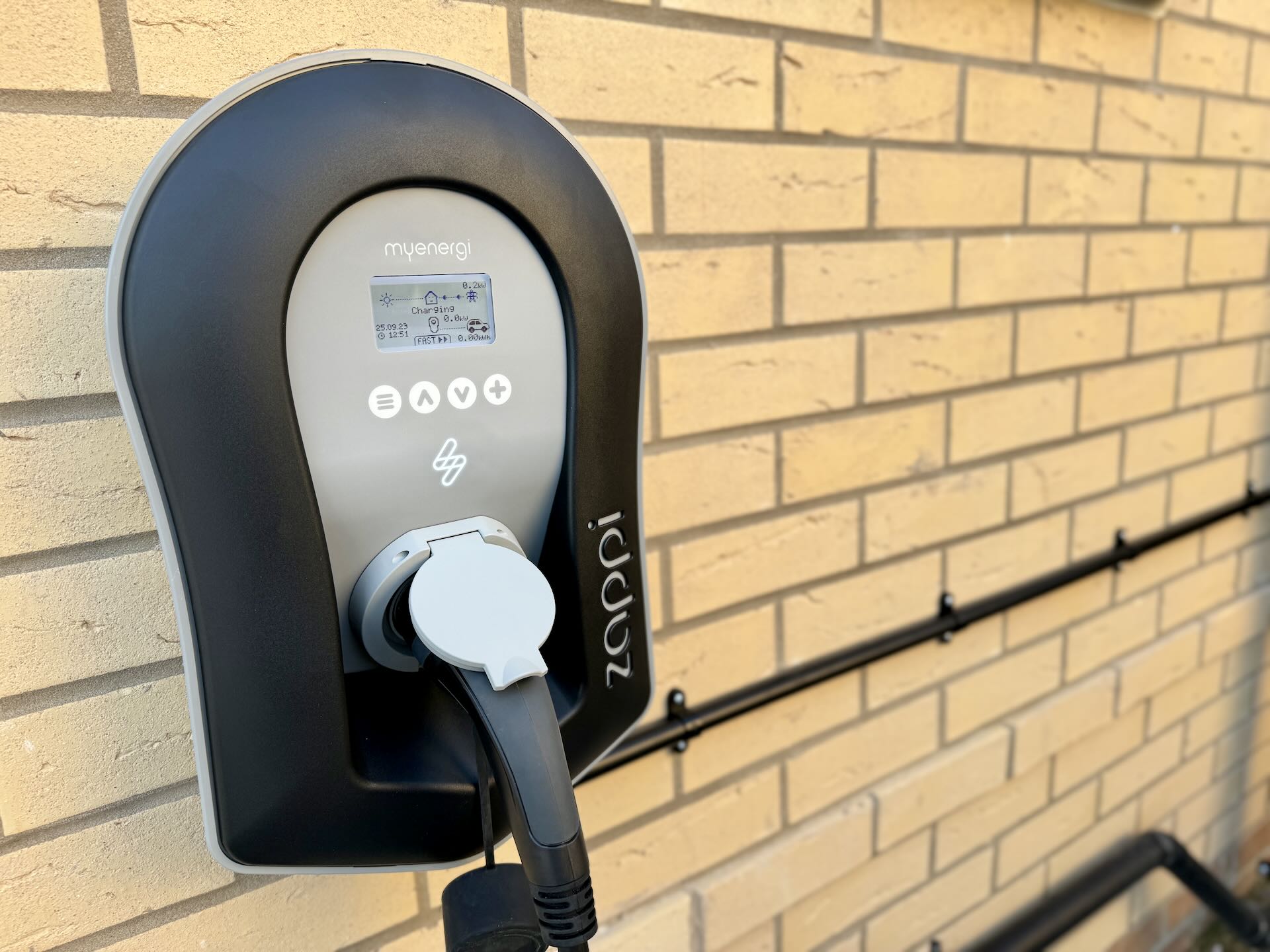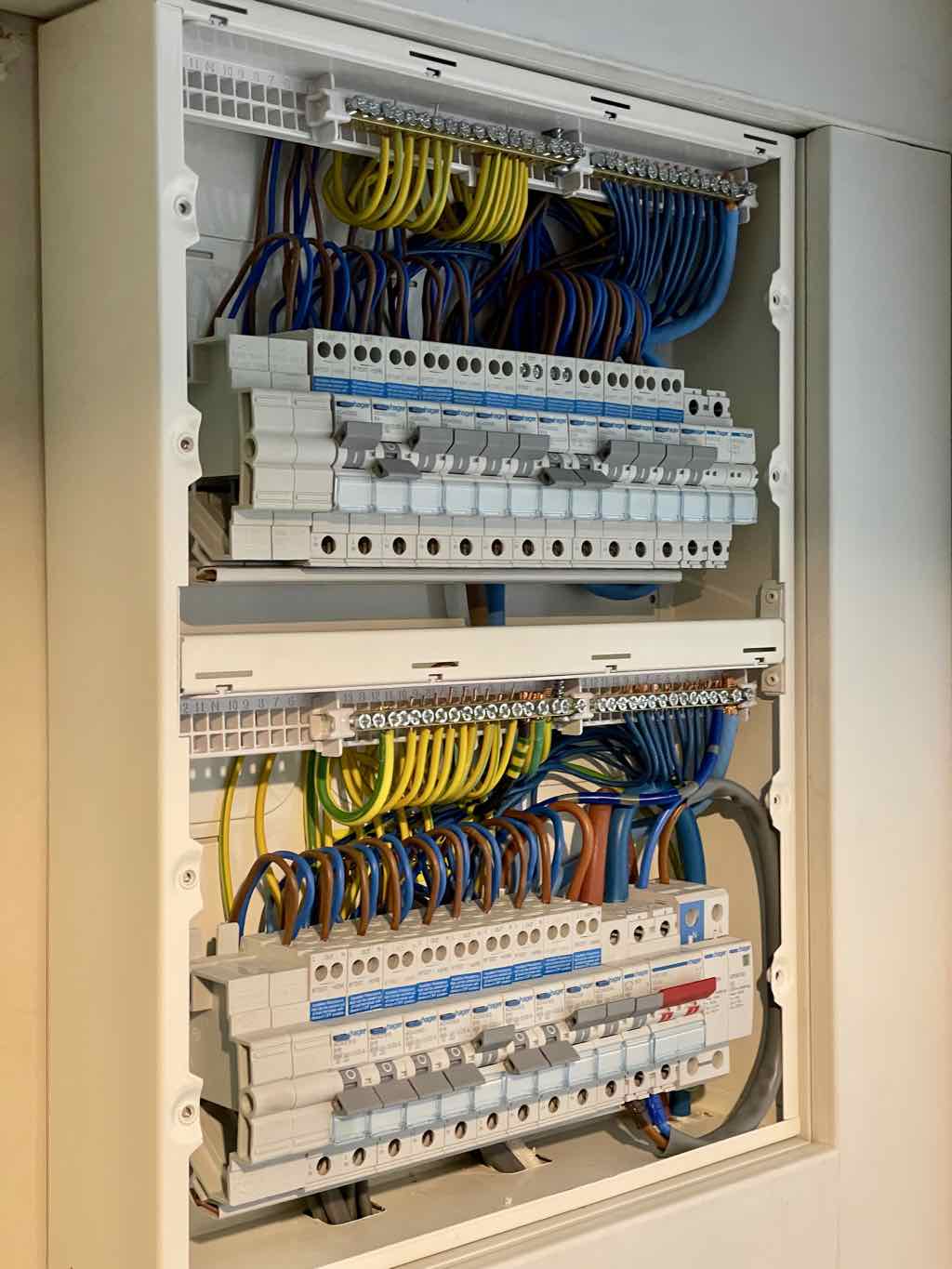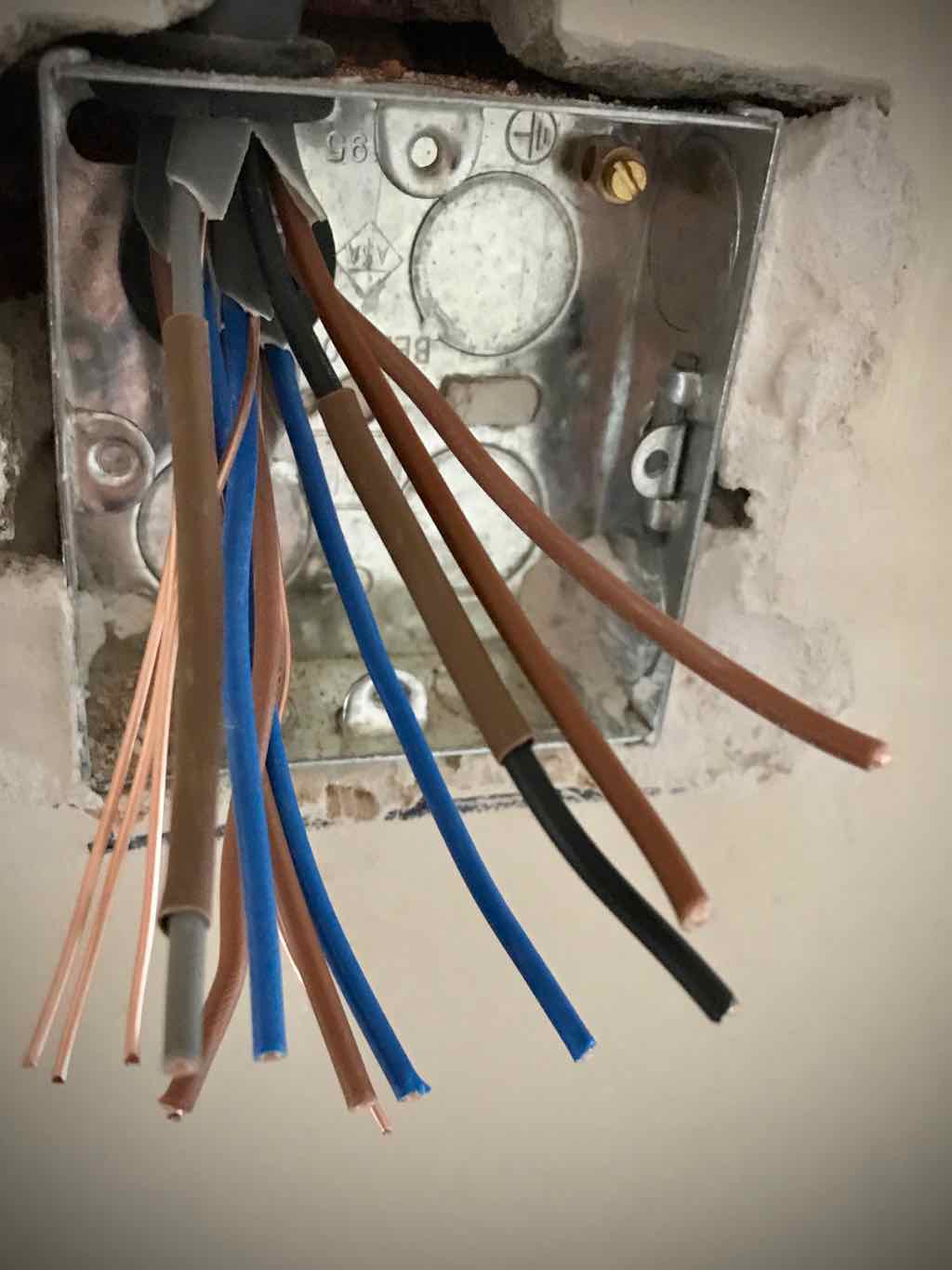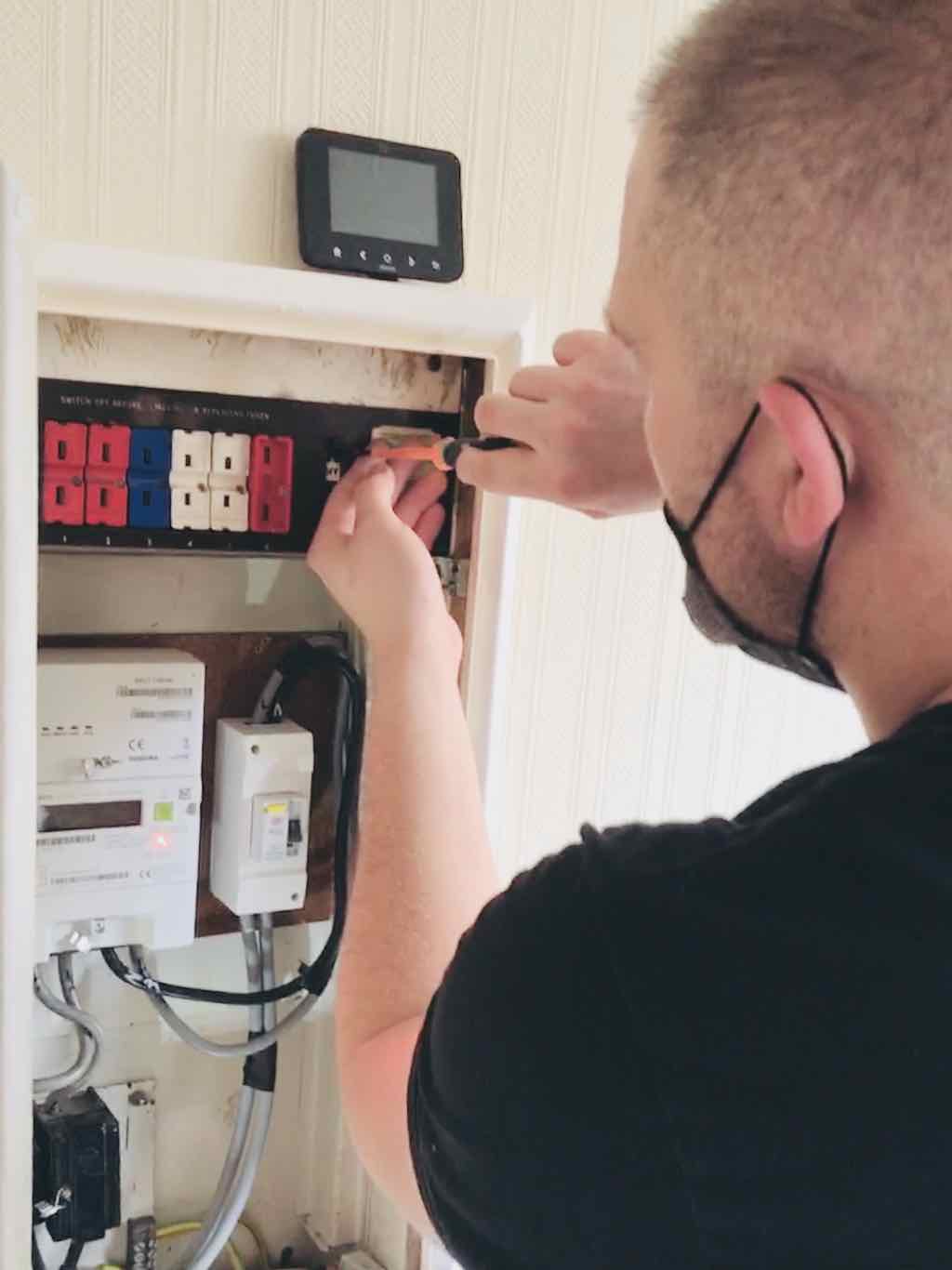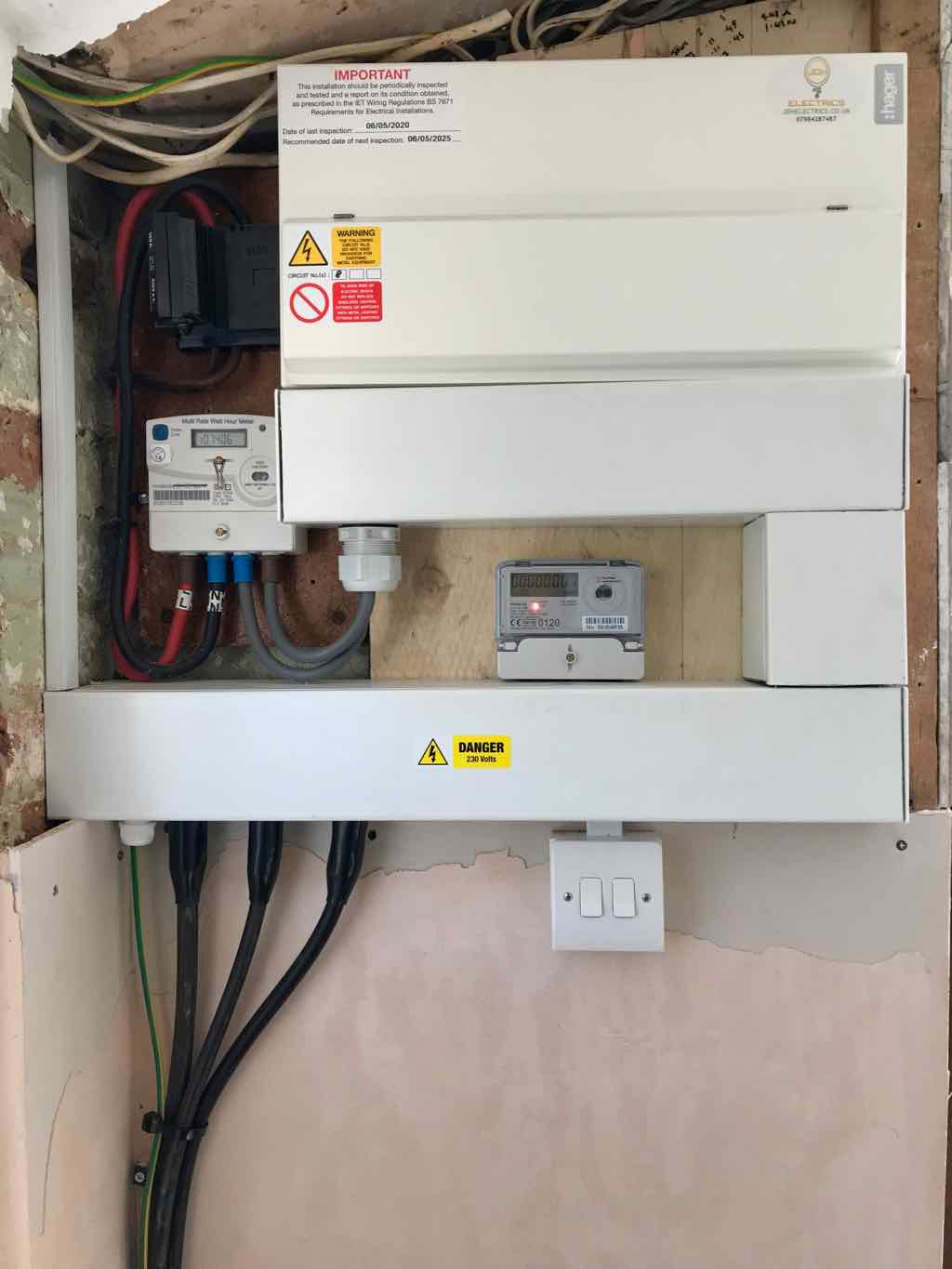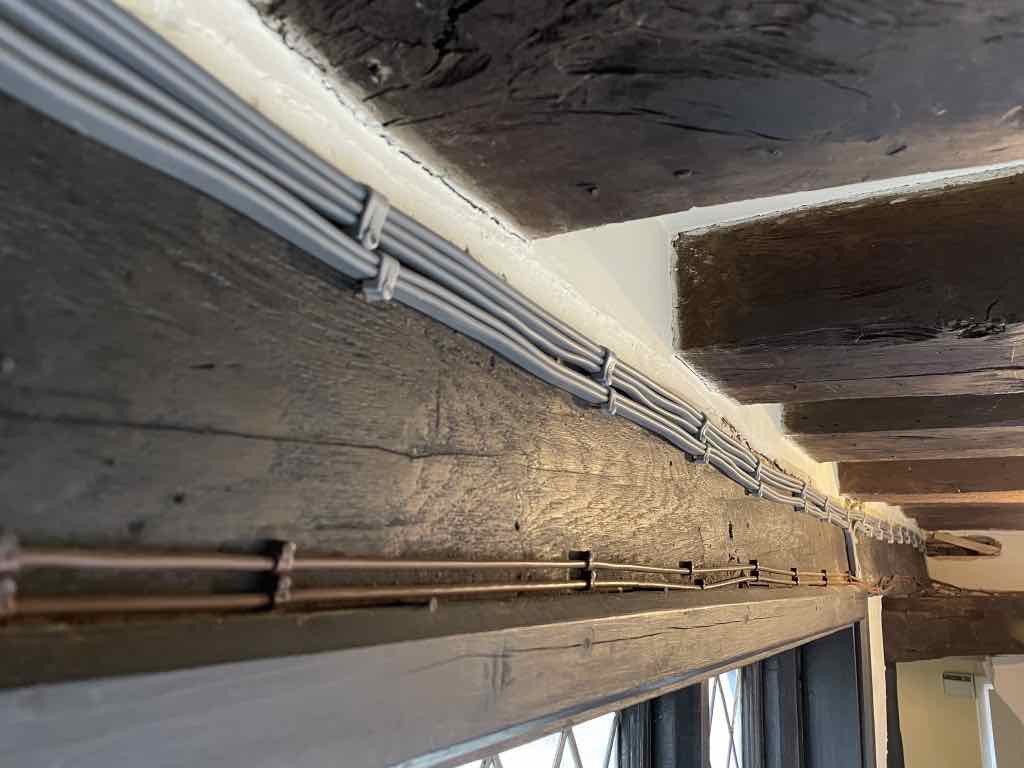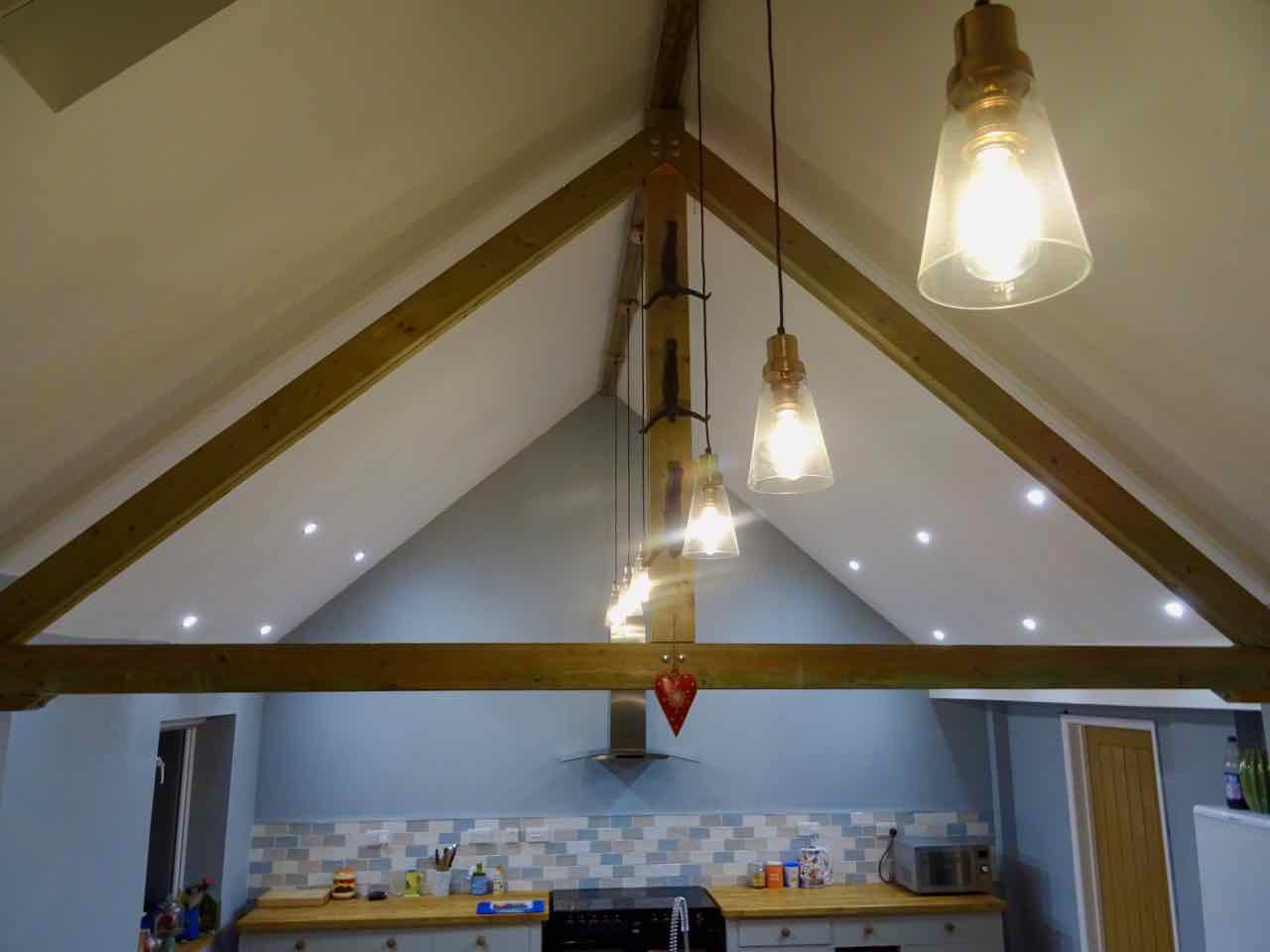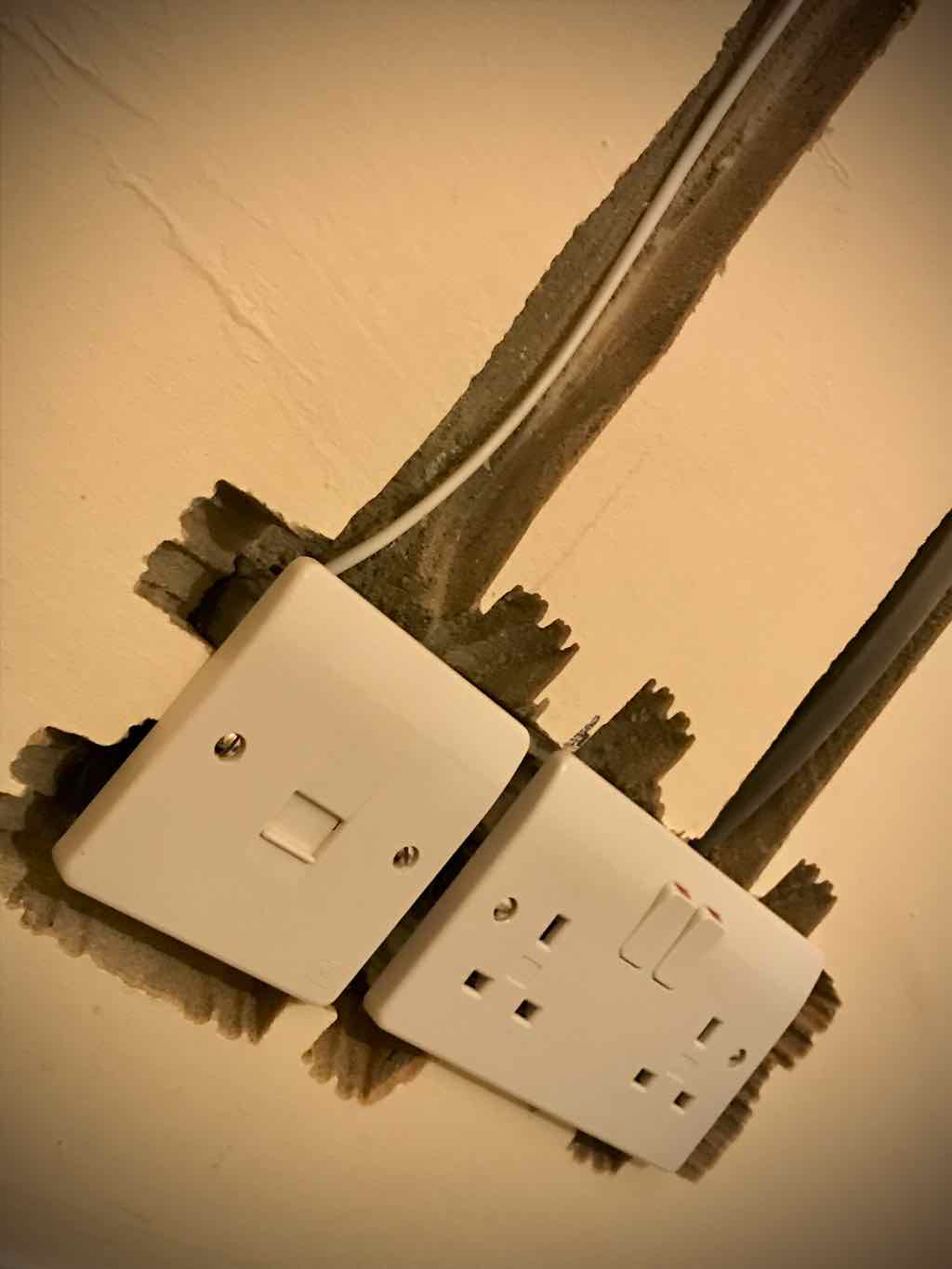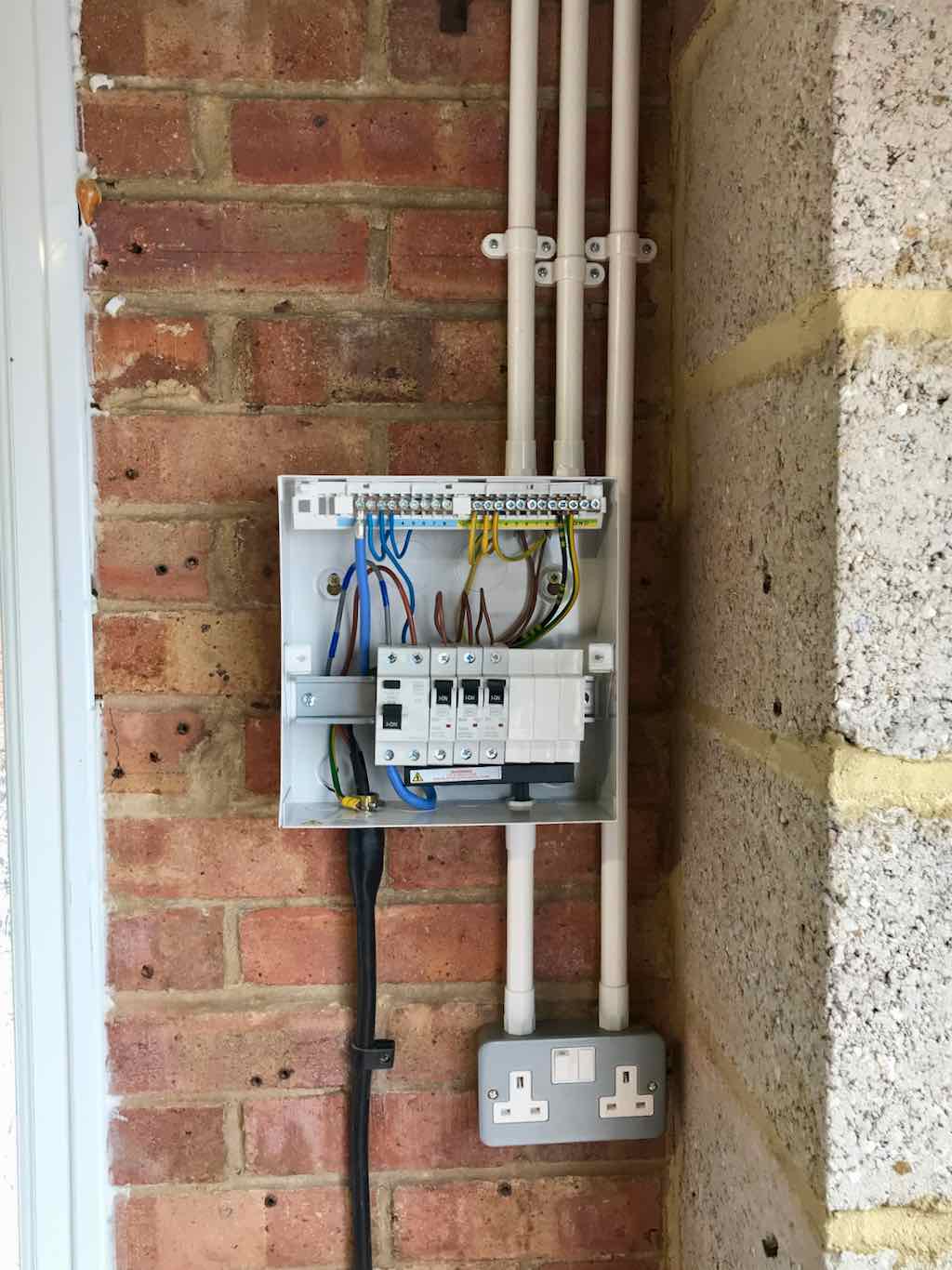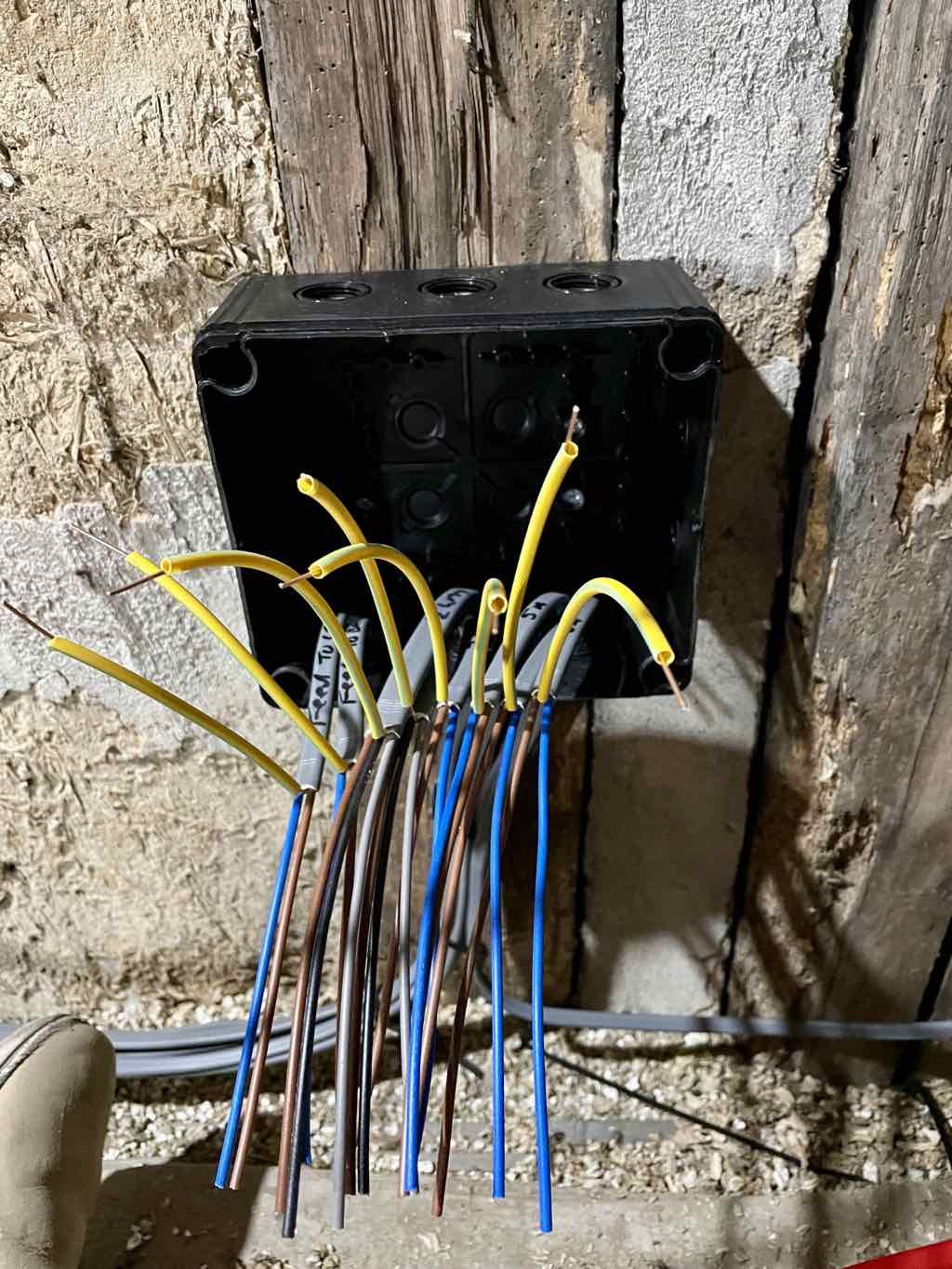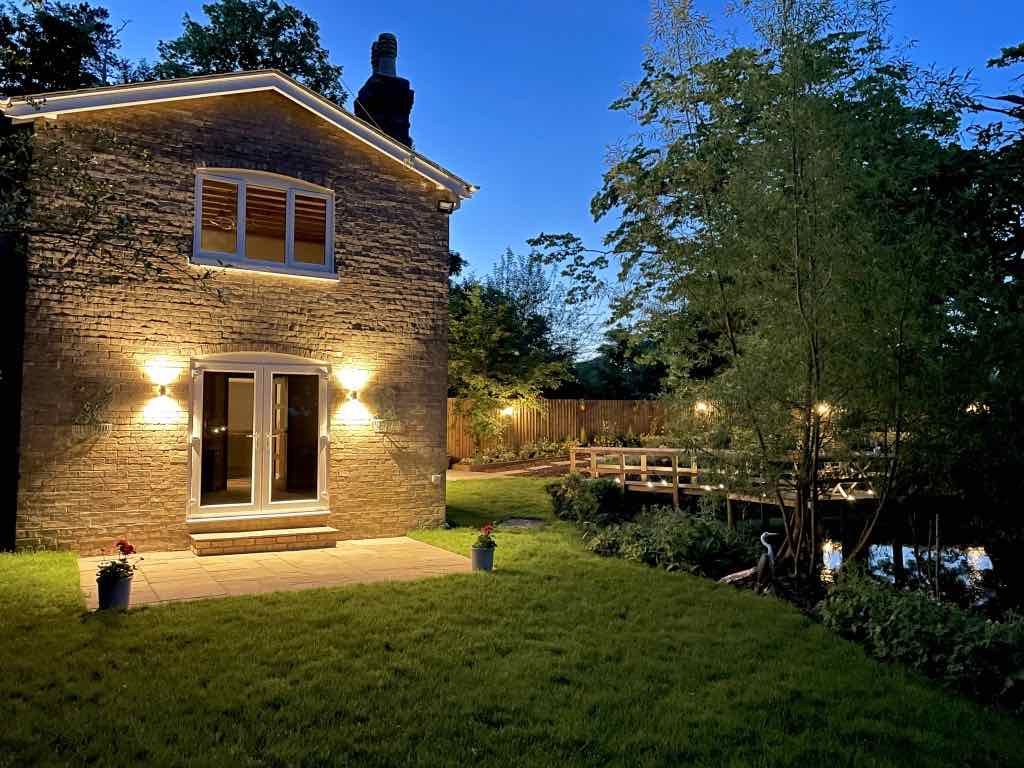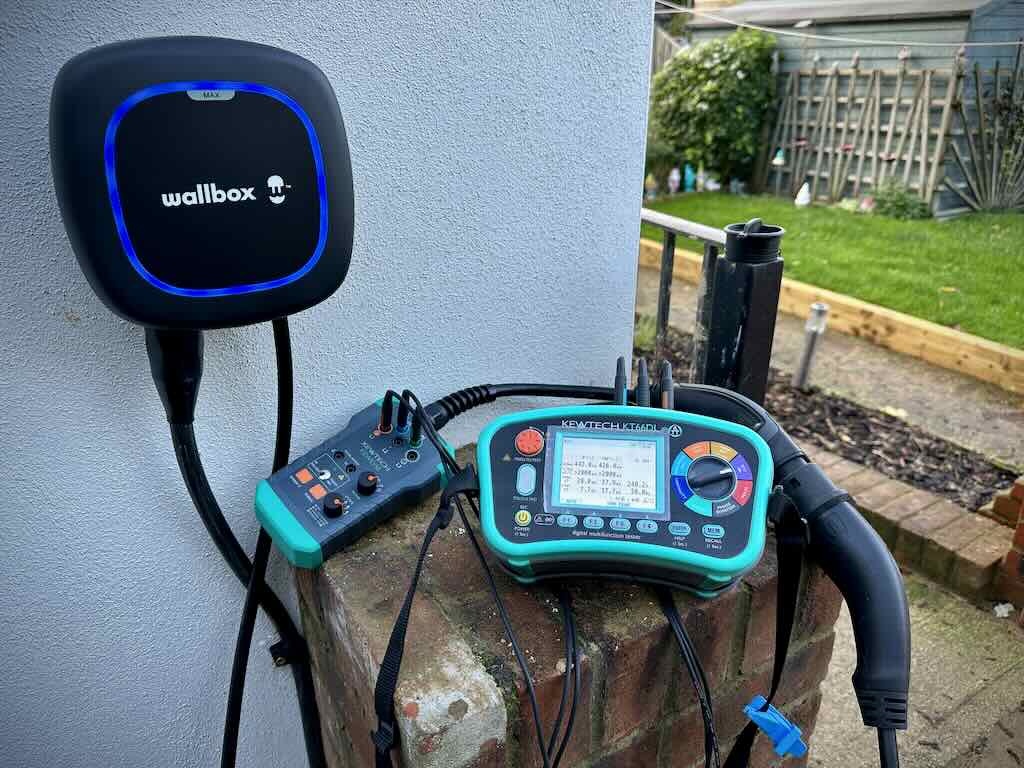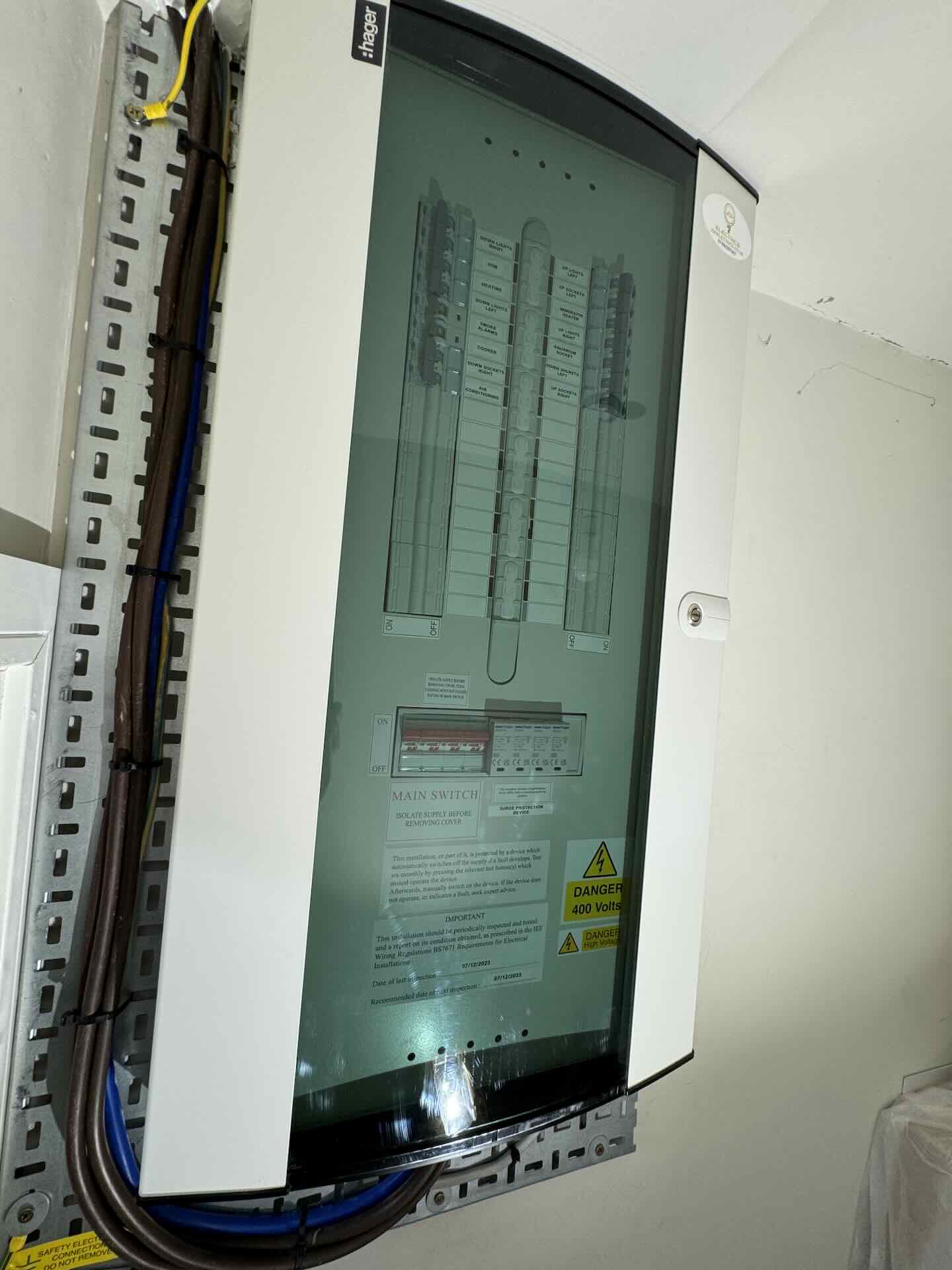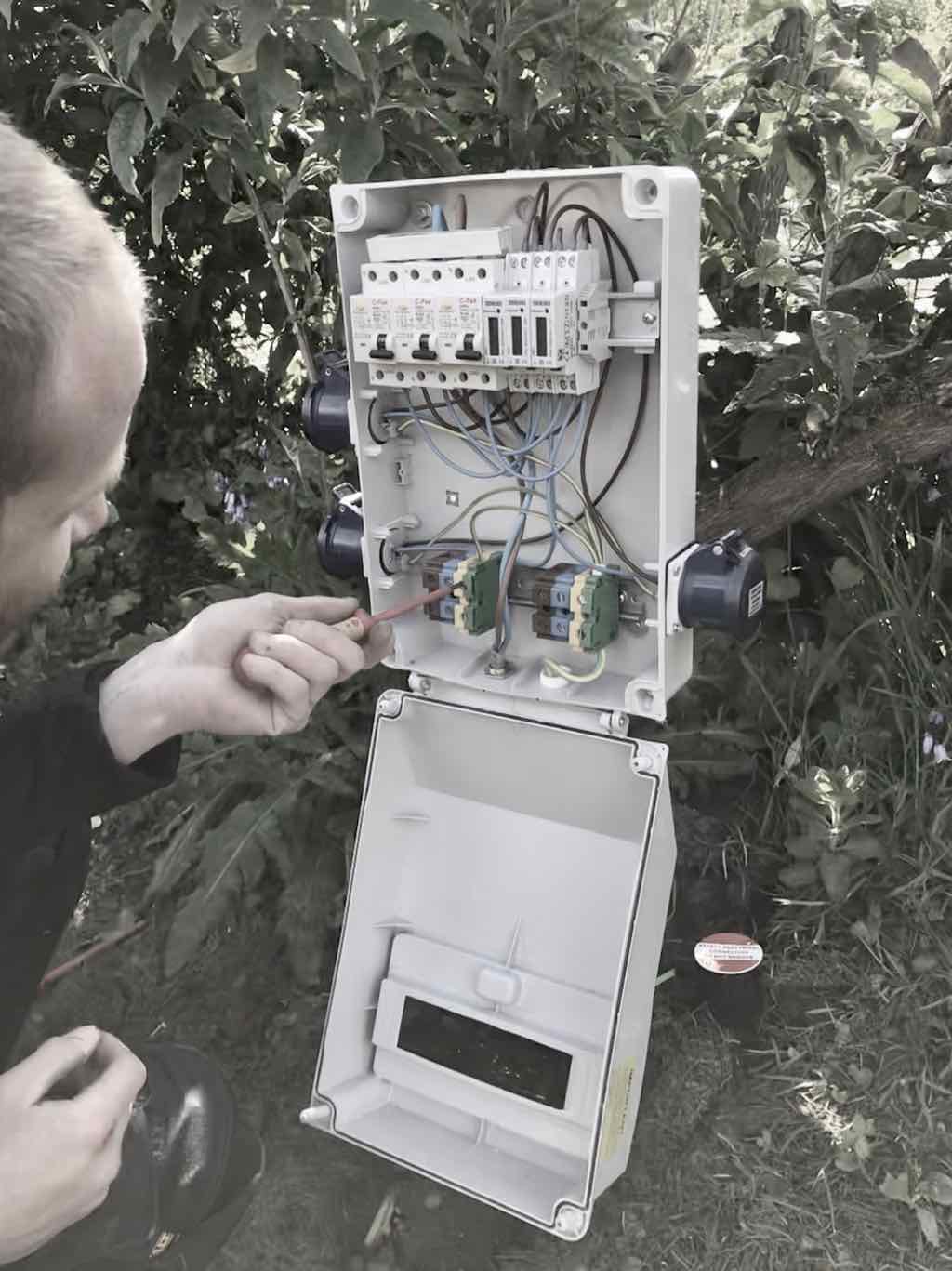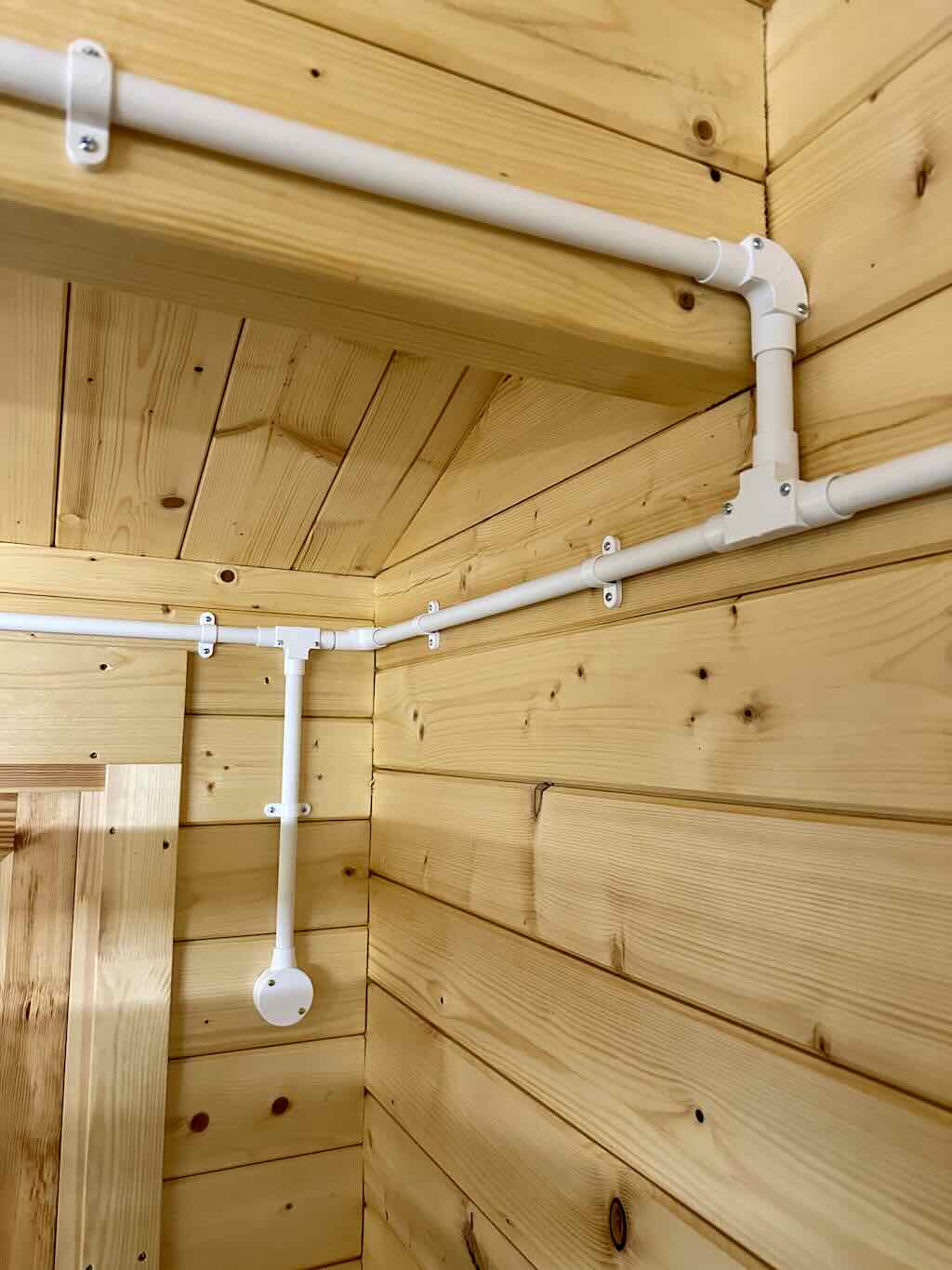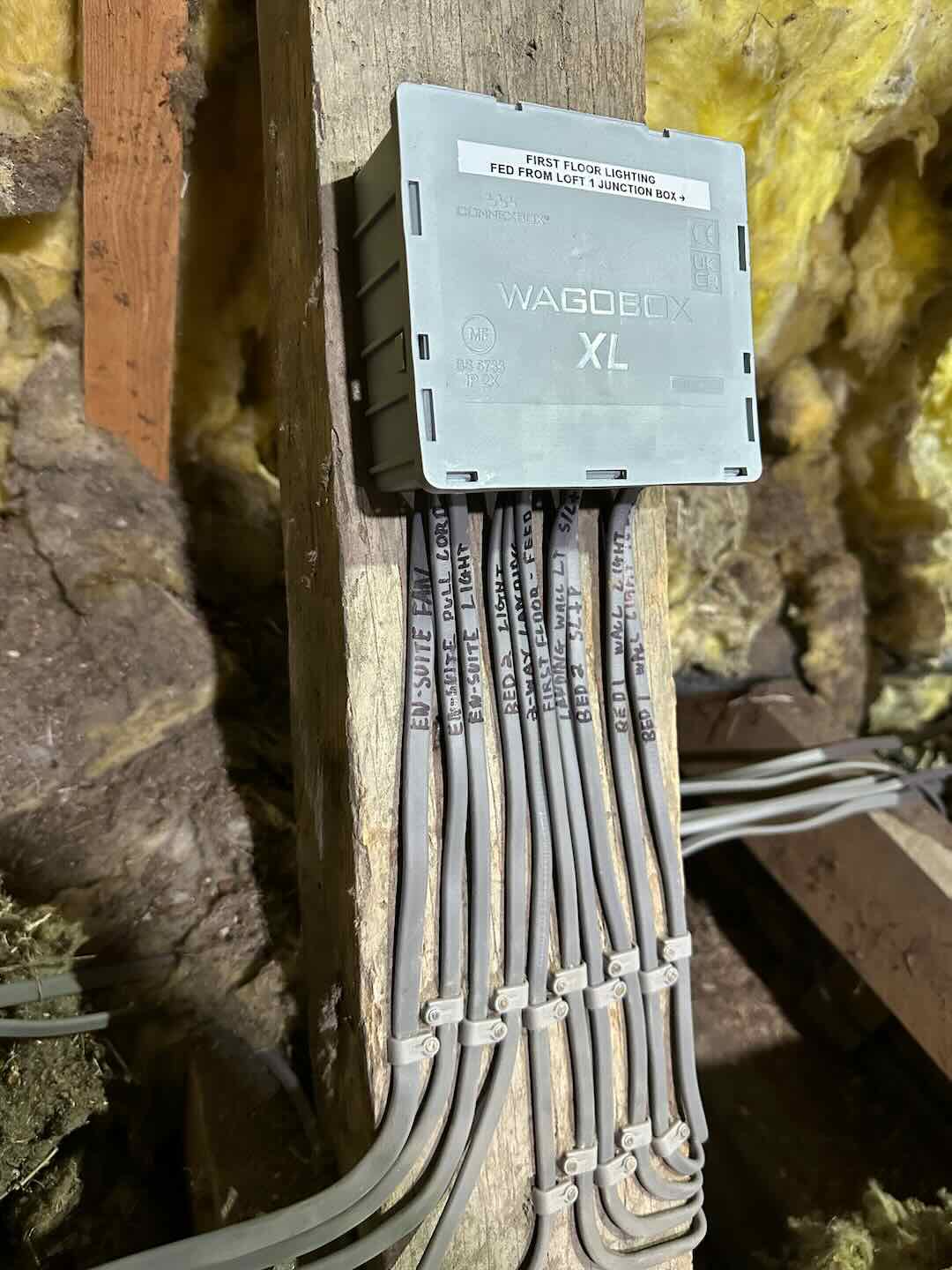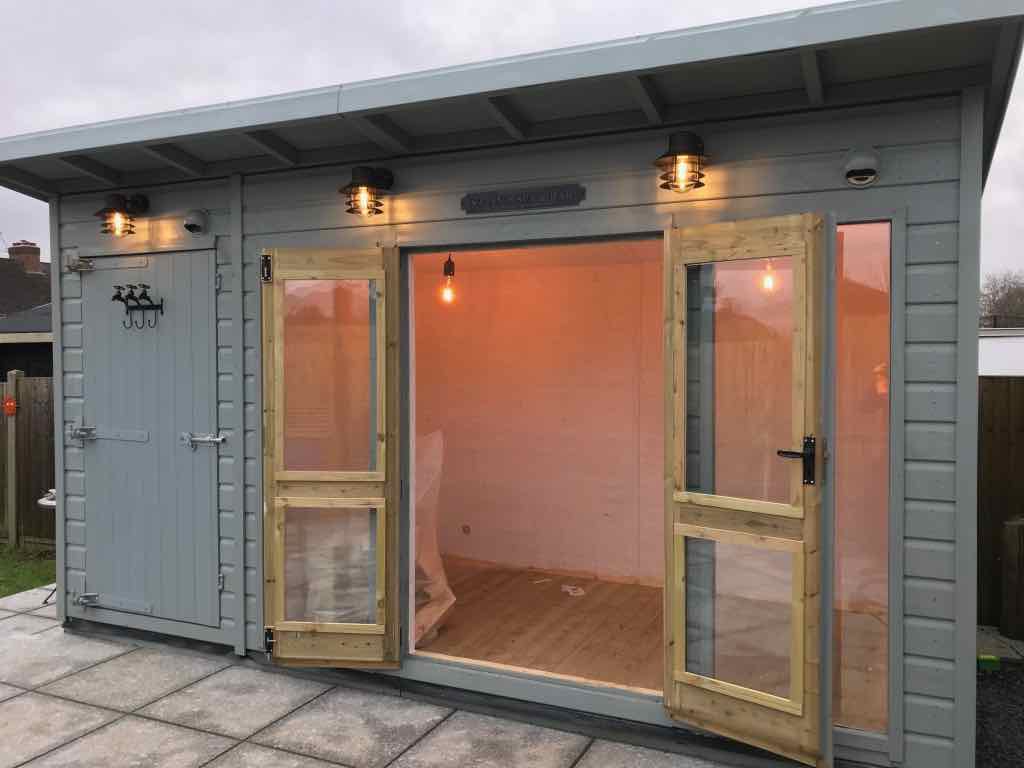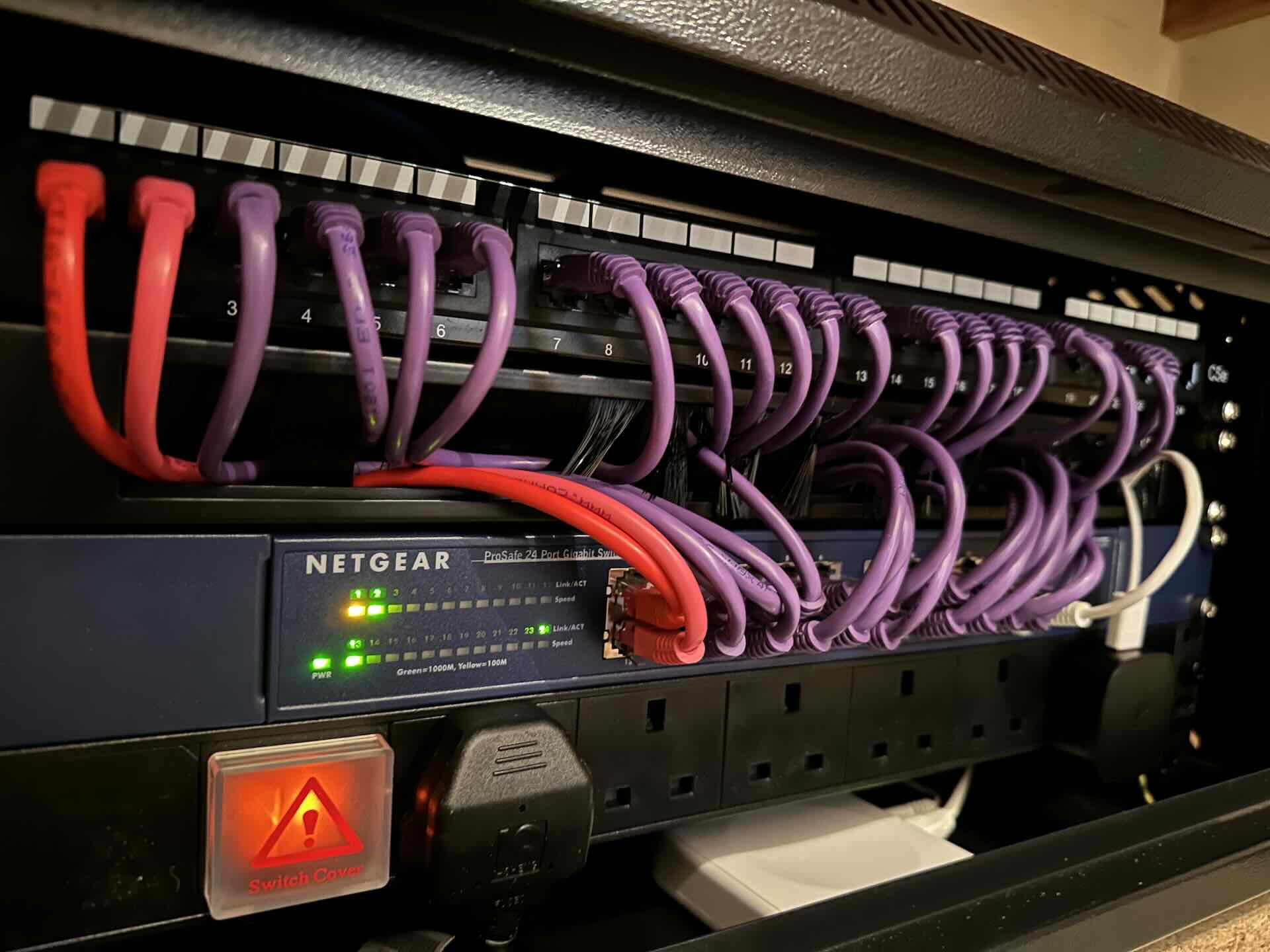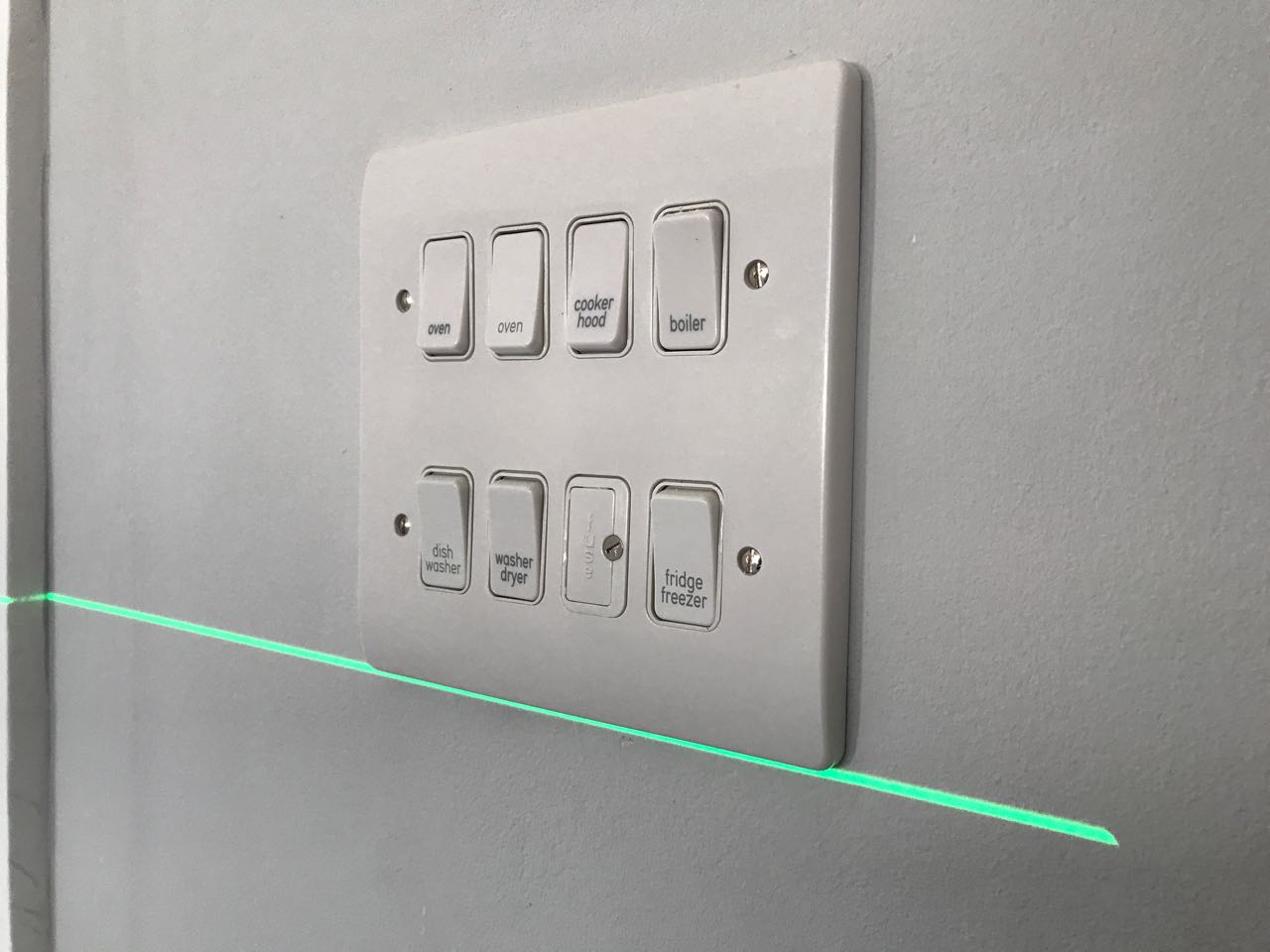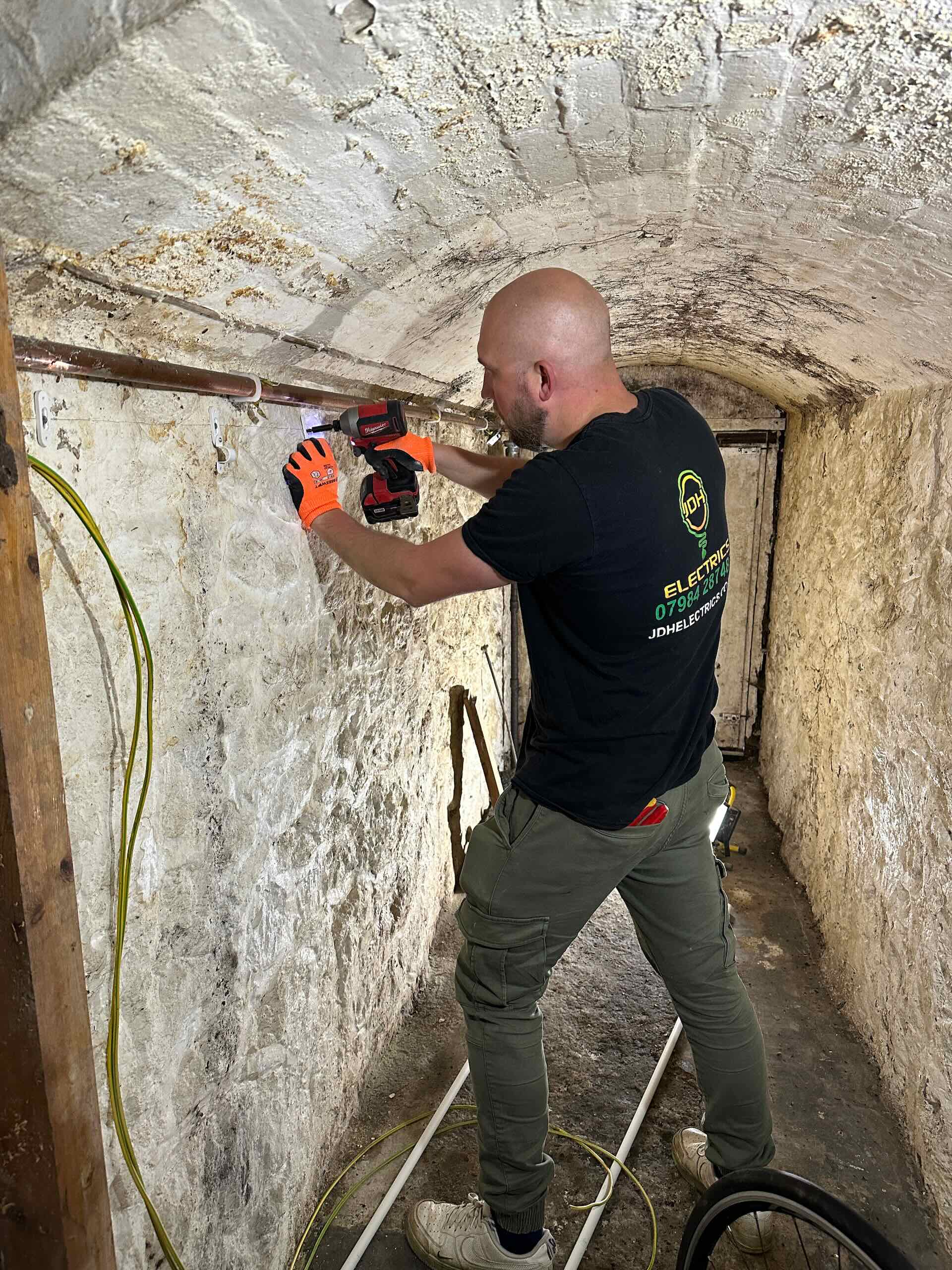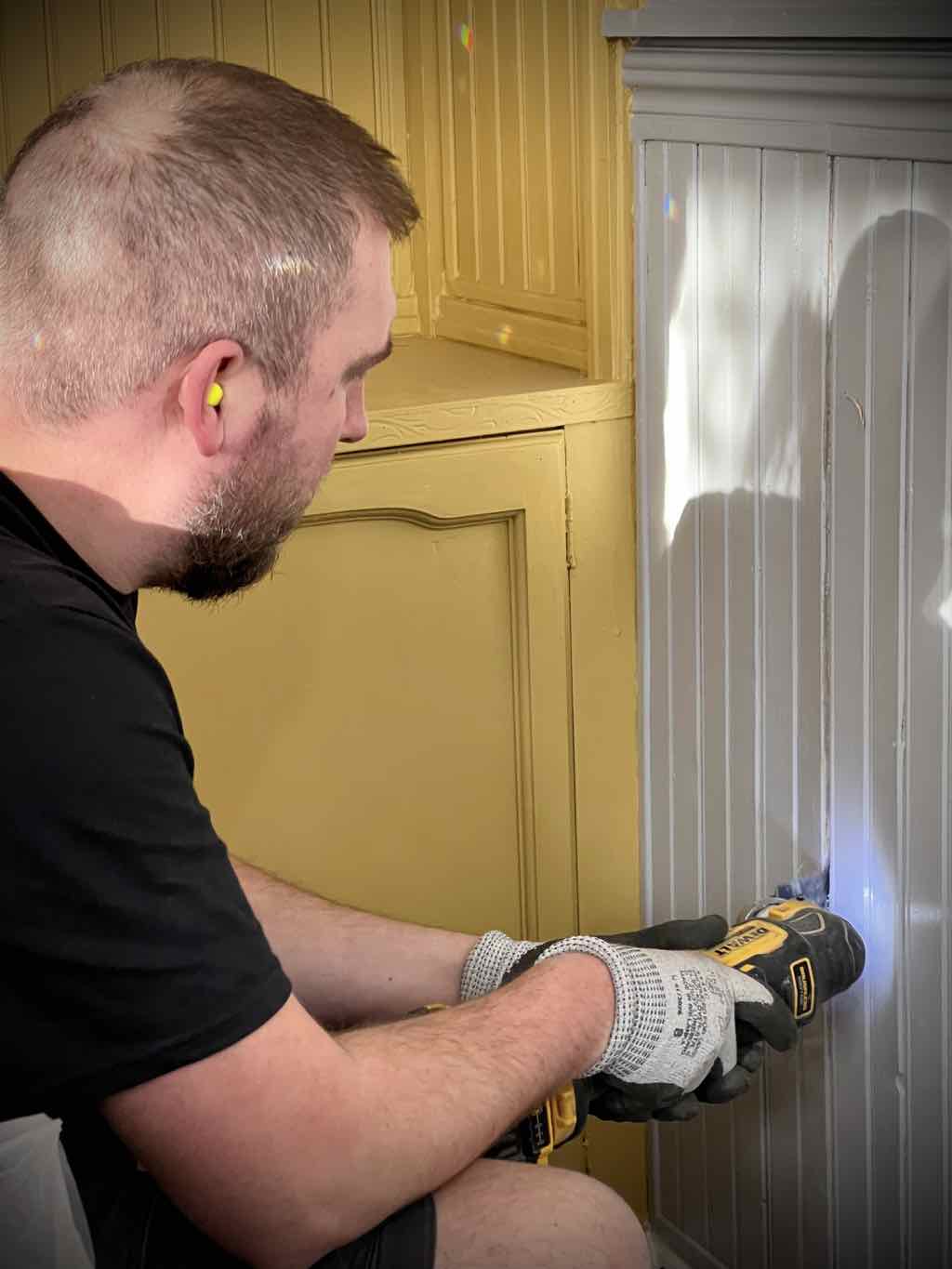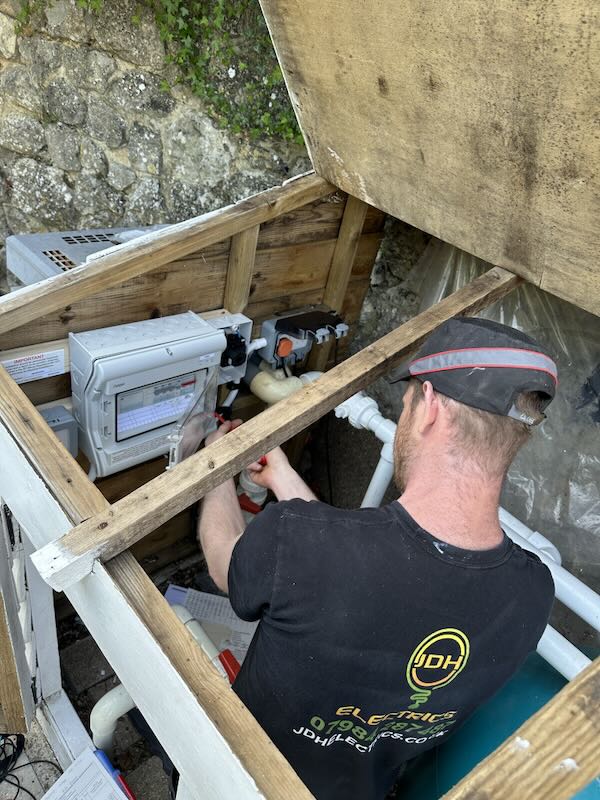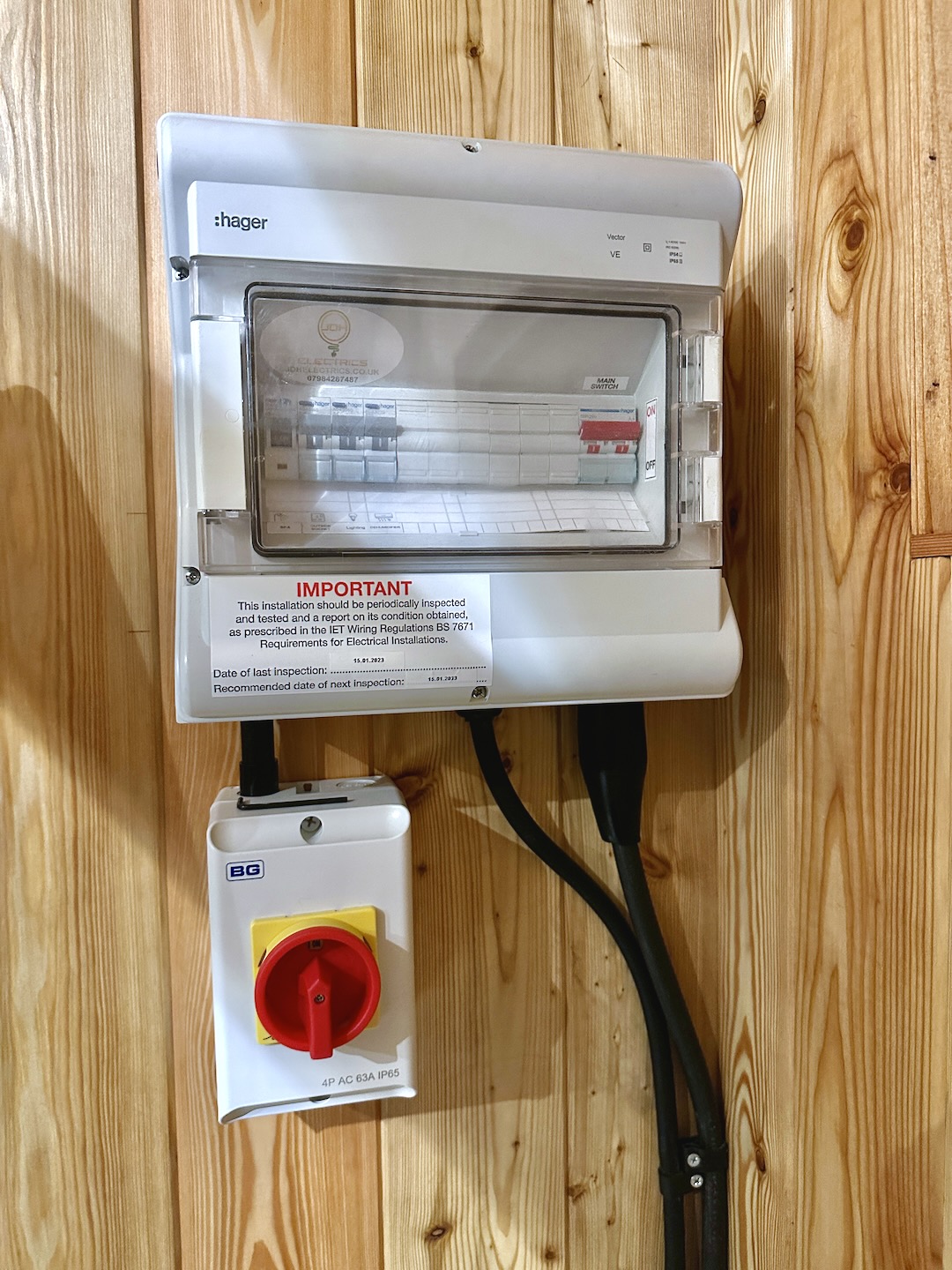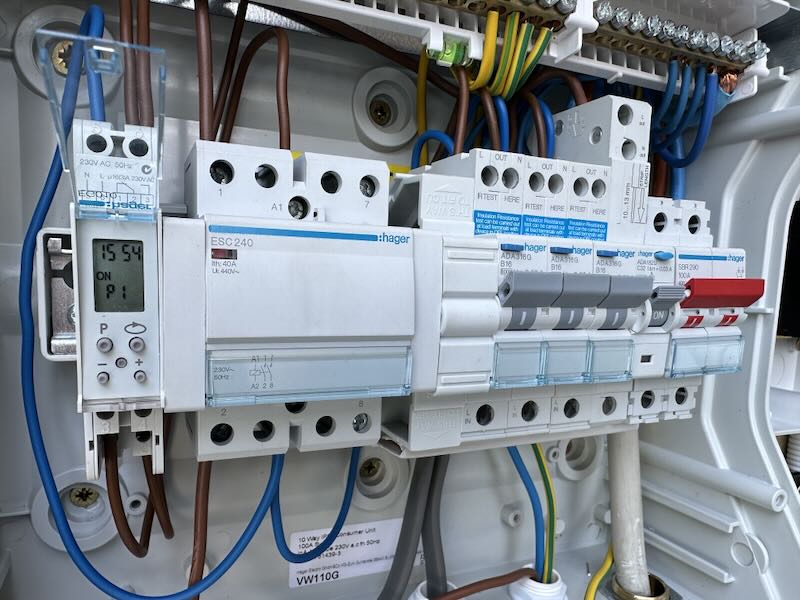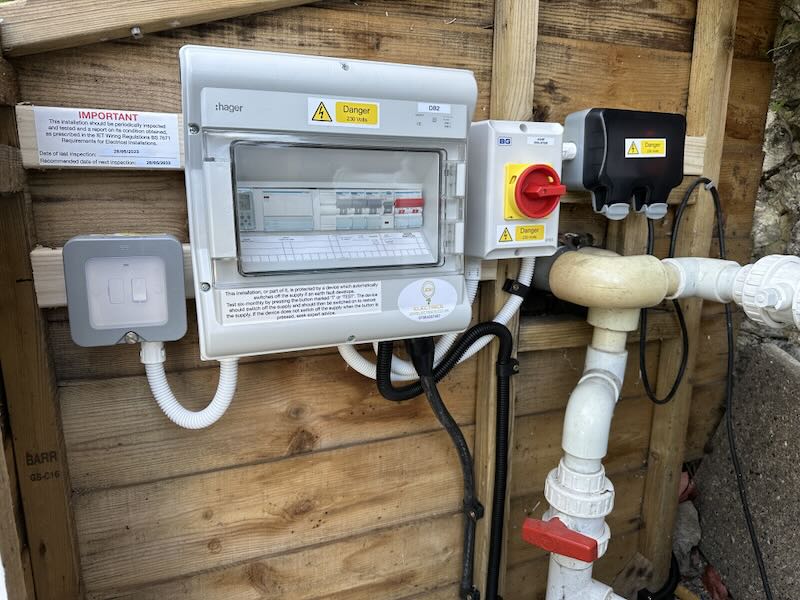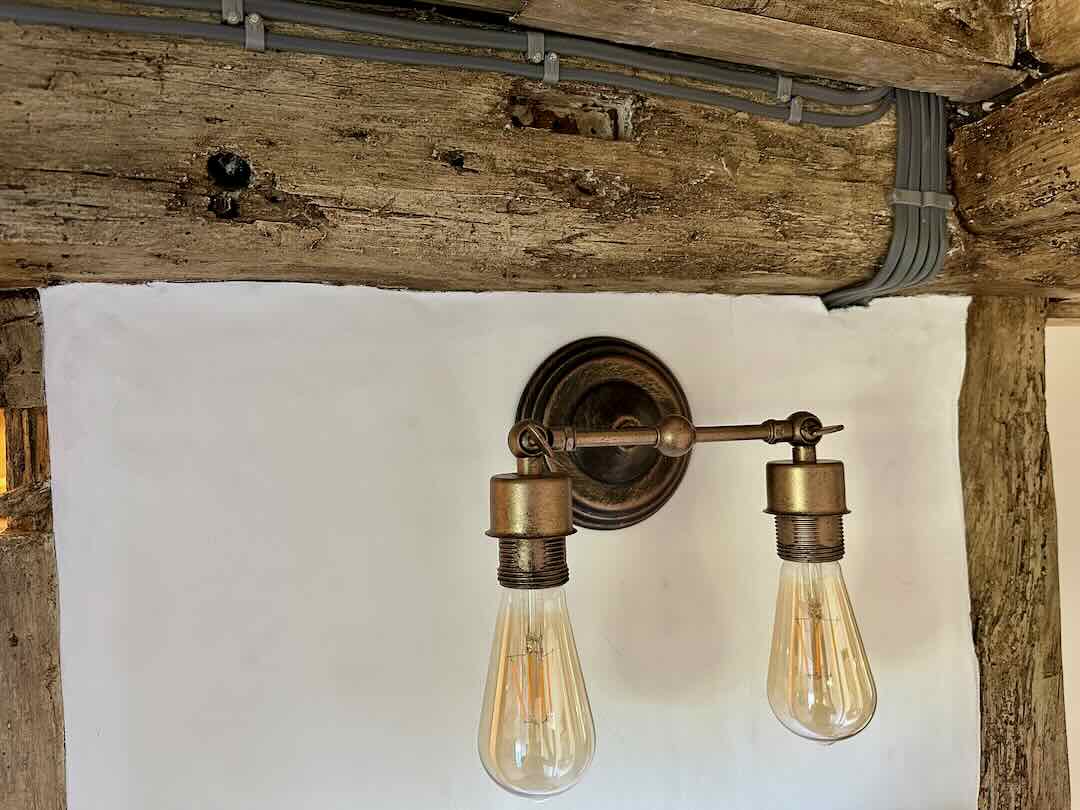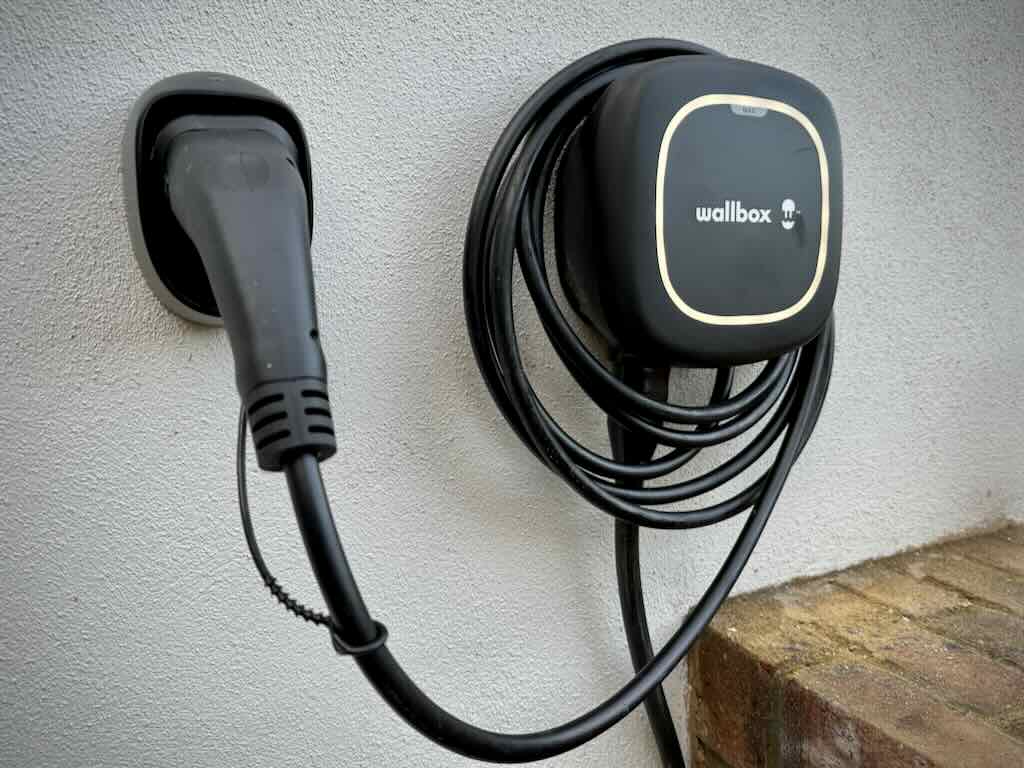Electric Vehicle Charging
EV Charging Specialists

Car Charging Solutions
JDH Electrics are fully qualified to install EV car chargers in all environments including domestic, commercial & industrial. We are also partnered with Rolec as an approved installer. We supply and fit the latest chargers from various leading manufactures including Zappi & Wallbox!



Smart Solutions
JDH Electrics use the latest technology so you can remotely monitor and configure your charging. Including smart scheduling when imported energy from the gird is cheaper such as intelligent Octopus go or even charge for free using solar panels!
Statistics around EV Charging
80% of charging take place at home
Around 66% cheaper to run per mile – 3.7p vs 11.8p for petrol
A typical electric car (60kWh battery) takes just under 8 hours to charge from empty-to-full with a 7kW charging point
50% of drivers say they will switch to electric in the next decade
Electric cars can be powered by 100% renewable energy* Depending on energy plan
Process to having a car charger installed
Frequently Asked Questions
This depends on the size of your car battery and the speed of the charging point. With a 7kW charging point it takes just under 8 hours to fully charge an electric car with 60kWh battery.
Where your installation is on what’s known as PME or TN-CS (Which most of the UK now is) there is a risk of ‘loosing a neutral’ which is outside of your control. This can happen within the electricity network supplying your home. The risk is the installation could rise to a dangerous voltage. To get around this the car chargers we use have ‘Open PEN Detection’ and automatically disconnect in the event of a fault, making them safe to use! This also removes the requirement for an earth rod being installed.
Charging cables have connectors you plug into the electric car and/or the charge point. What type of charging connector you use depends on your car and the power rating of the charge point. Here are five charging plugs used in the UK, Type 2 now being the most common:
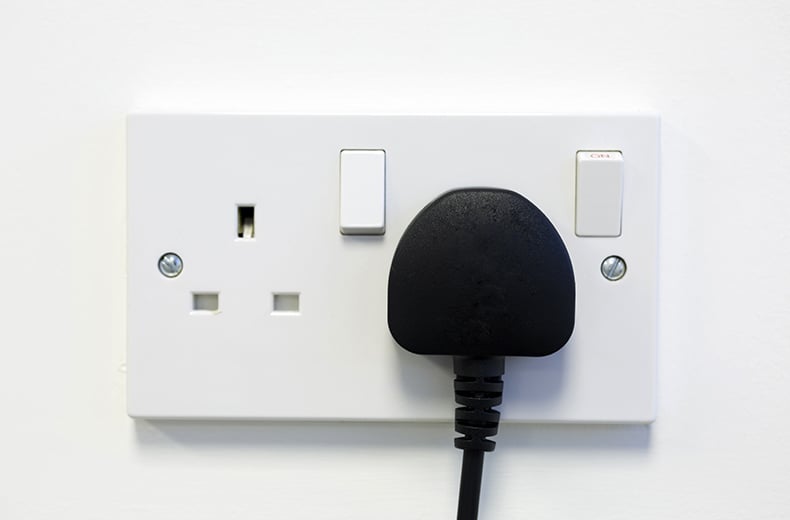
UK Standard 3-pin Socket Outlet
Power rating of 2.3-3kW AC, Single Phase (Standard Charge):
- Approx 5 miles range per 30 mins of charging
- Standard UK domestic electricity outlet
- Not designed for prolonged use needed to fully charge an electric car
- Very slow charging with a maximum power output of 3 kW

Type 1 plug
Power rating of 3-7kW AC, Single Phase (Slow/Fast Charge):
- Approx 12 miles range per 30 mins of charging
- Only available in single phase
- Less common in modern electric cars
- Has no locking mechanism when the car is connected to supply
- Up to 7kW AC. This socket is typically found on older EVs, such as the original (2010-2017) Nissan Leaf

Type 2 plug (Also known as ‘Mennekes’ connector)
Power rating of 3-42kW AC, Single Phase/Three Phase (Fast Charge):
- Approx 75 miles range per 30 mins of charging
- Becoming the standard European charging cable connector type
- Compatible with both single and three-phase electricity supply
- In-built locking mechanism when connected to the power supply
- Tesla has a 120 kW DC version of type 2
- A fast charger charges at speeds of between 7kW to 22kW AC and is the most common type of home charge point. Fast chargers are found on the public charging network, too. Zap Map reports they are the most easily found charger type in the UK.
- A 7kW fast charger will refill an EV battery in six to eight hours, with a 22kW connection taking three hours. Popular fast charge networks include BP Pulse, Pod Point and the Gridserve Electric Highway.

CHAdeMO plug
Power rating of 50kW DC, Three Phase (Rapid Charge):
- Approx 85 miles range per 30 mins of charging
- Older type of charging cable connector for rapid charging
- Compatible with Japanese vehicle manufacturers
- Most common rapid connector type due to the popularity of the Nissan Leaf
- This connection is favoured by Japanese and Korean car makers. Popular models that use it include the Mitsubishi Outlander PHEV and Nissan Leaf.

Combined Charging System (CCS) plug
Power rating of 50-350kW DC, Rapid Charge:
- Approx 85-200 miles range per 30 mins of charging
- The most versatile rapid charging connector
- Likely to become the most popular DC connector standard
- Enables a higher power rating to support larger ultra rapids chargers
- Up to 350kW DC. The most popular form of rapid or ultra-rapid charging connection, CCS car sockets contain a combined alternating current (AC) and DC port
- Electric cars that use CCS include the BMW i3, Jaguar I-Pace, Kia e-Niro and Volkswagen ID.3

Tesla Superchargers
Tesla has its own network of rapid chargers called Superchargers. The Supercharger network has 2,500 stations worldwide, hosting more than 25,000 charge points. In the UK, these are mostly found at motorway service areas, but ‘Destination’ chargers can be found at places such as hotels.
Rated at up to 150kW, and – at the moment – exclusively for Tesla drivers, a Supercharger can refill a Tesla’s battery to 80% capacity in around 30 minutes. Superchargers use the following connectors:
- Up to 150kW DC. This connection is for the Model 3. on CCS connector
- Up to 150kW DC. on Type 2. The Tesla Model S and Model X use this connector, which is the same style as the Type 2 AC plug.
- Some Tesla Model S and Model X owners use socket adaptors that allow them to use any public CCS and CHAdeMO connections.
The kilowatt (kW) refers to the power rating of a home charge point and is the maximum amount of power that can be drawn from the point at any one time. A 7kW home charger will charge your car three times faster than a standard three-pin plug. 22kW is for three-phase installations only, generally commercial properties.
In the UK 3-7 kW chargers are the most popular and are widely recommended. Most homes have a single-phase (AC) electricity supply and can support the additional 7 kW load. There are some homes with three-phase (AC) supply that can use a more powerful charger up to 22 kW. We will check that your fuse board has enough spare capacity to support the additional load of a home charging station.
Tethered charge points have a long cable and are available with either a Type 1 or Type 2 connector. Most new EVs come with a Type 2 connector, but it’s always worth checking before getting a tethered charge point. A socketed charge point has no cable and is essentially a dedicated charging station. These are universal as they can charge any electric car with a fast charging cable.
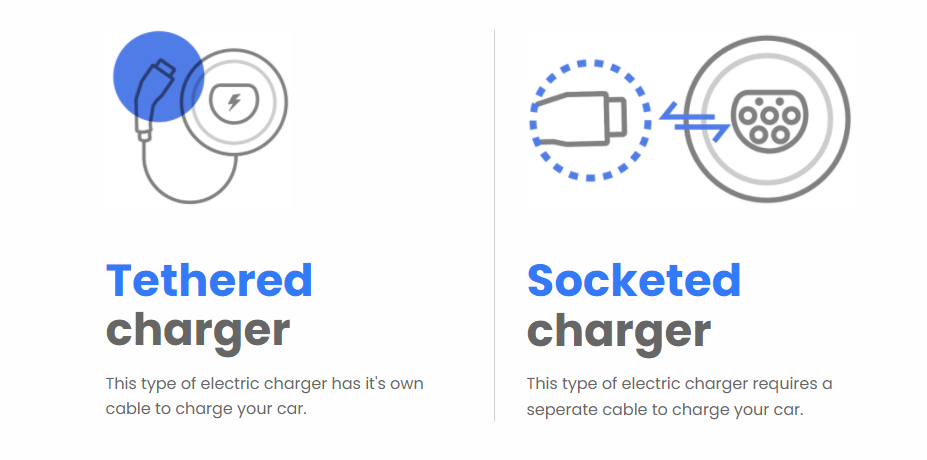
Here are some things to consider when you’re choosing a place for your charge point.
- Do you want the charge point to be hidden or on view? Whether you have a tethered or untethered charge point will make a difference here, you may not want the tethered cable to look like a coiled garden hose on the front of your house
- Where is the charging port on your EV located? Some are easy enough – right on the front, but others are on a side, or even further back where you’d normally have a fuel filler cap
- Factor in the length of the charging cable. Even on a private drive, a cable can present a very serious trip hazard
- The charger will also require access to your home wifi signal to take advantage of the smart tools, such as remote charging and access to off-peak energy tariffs, so it may not want to be at the furthest corner from your router
Check out some of our recent EV Charger Installations:

